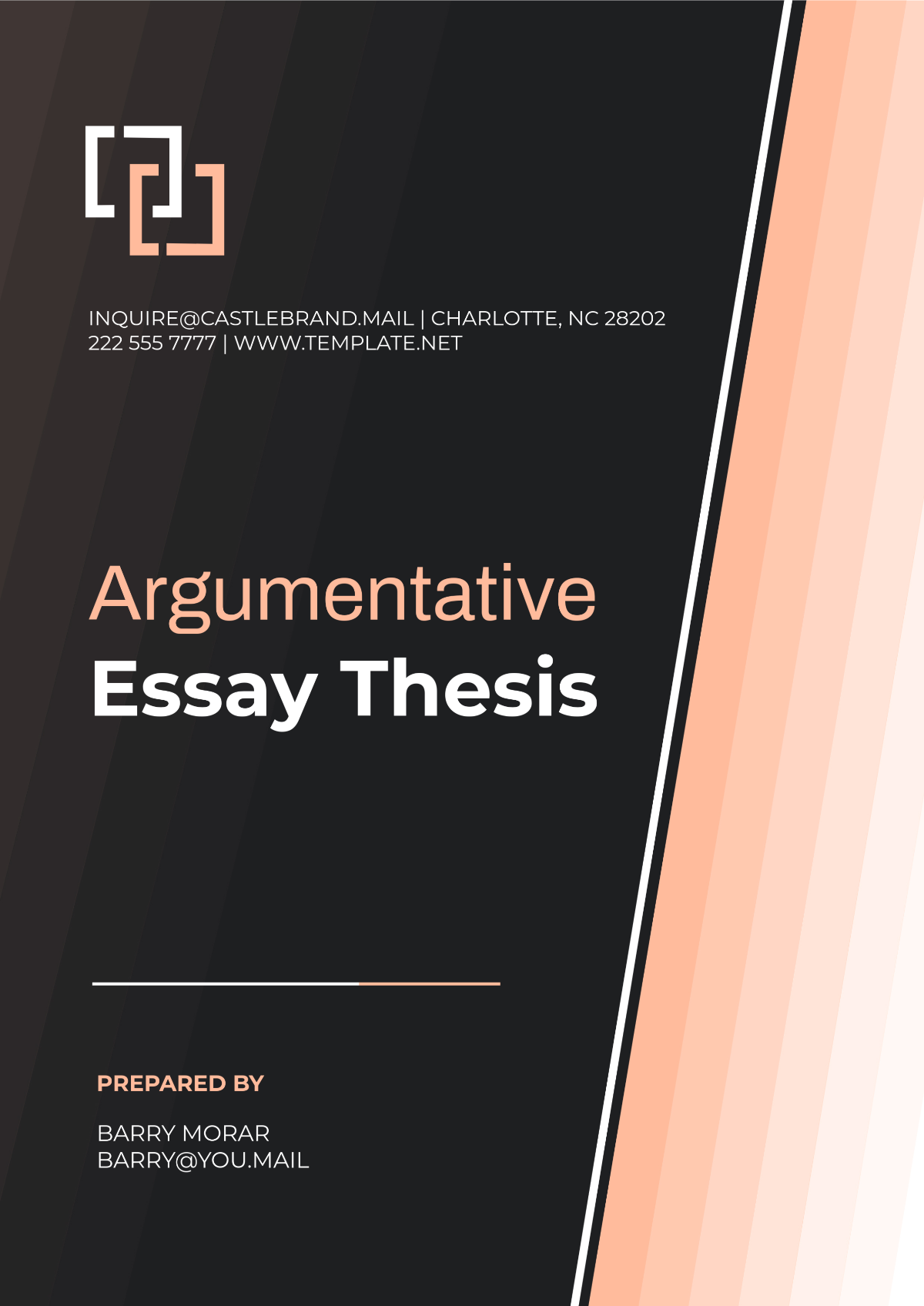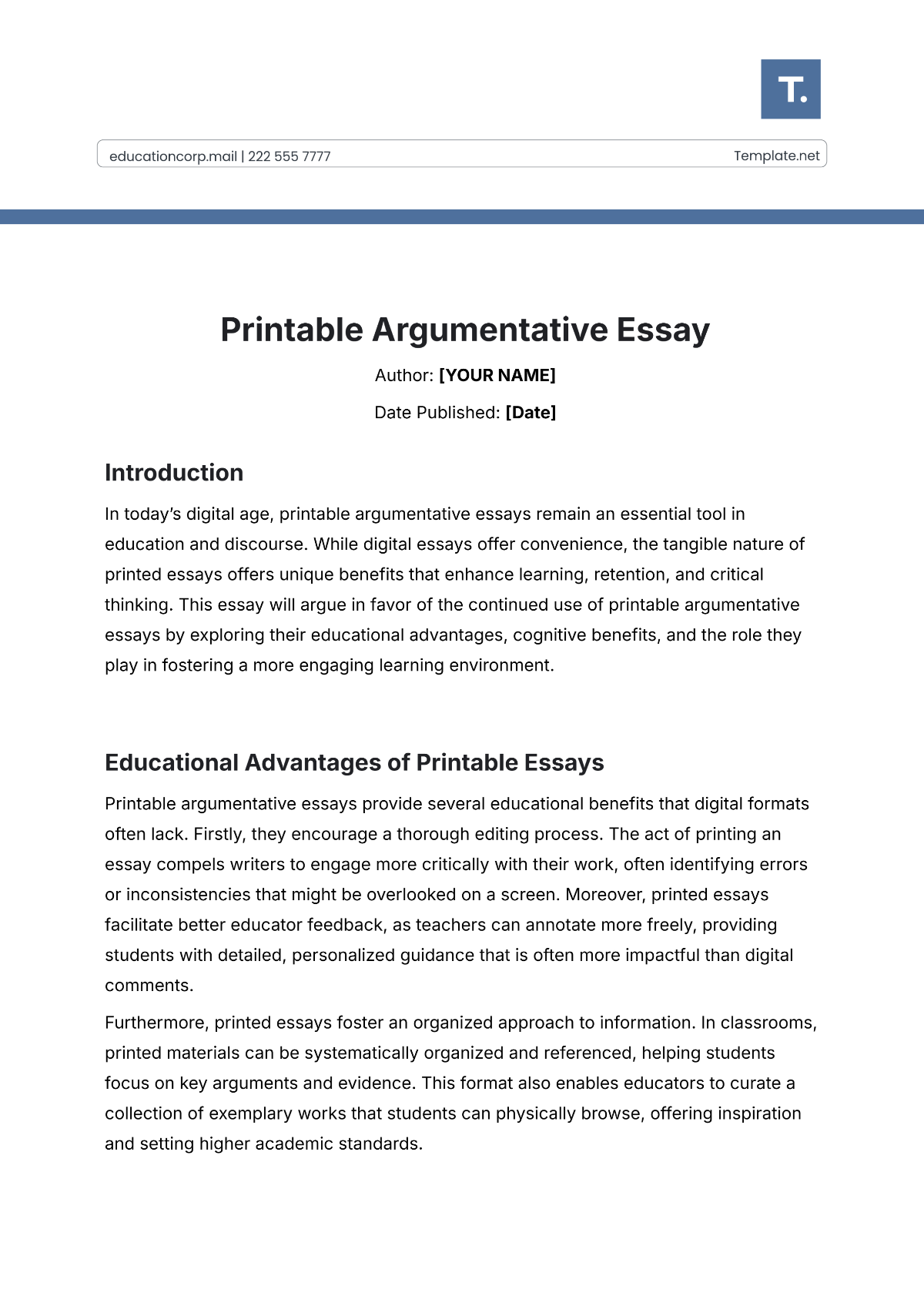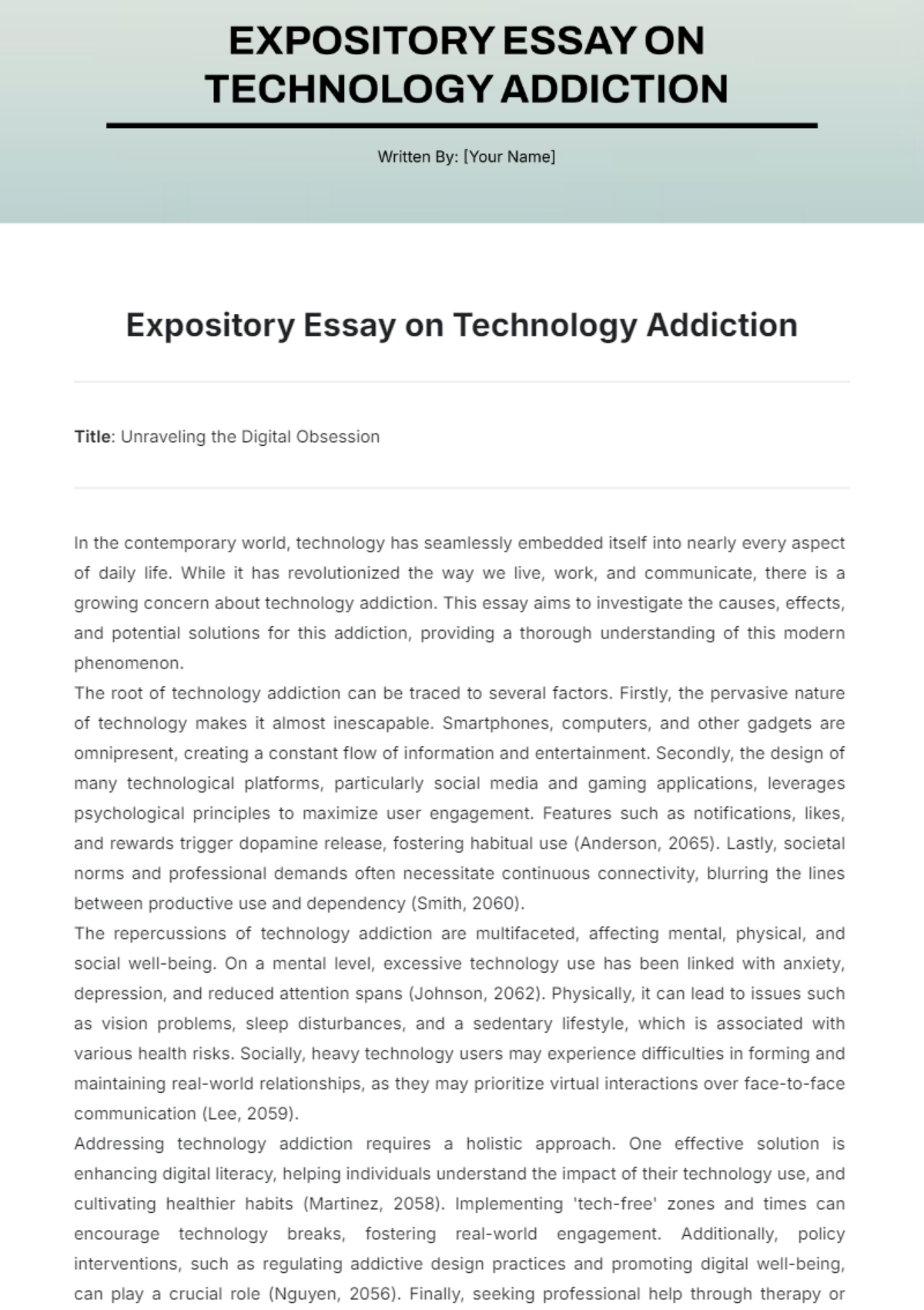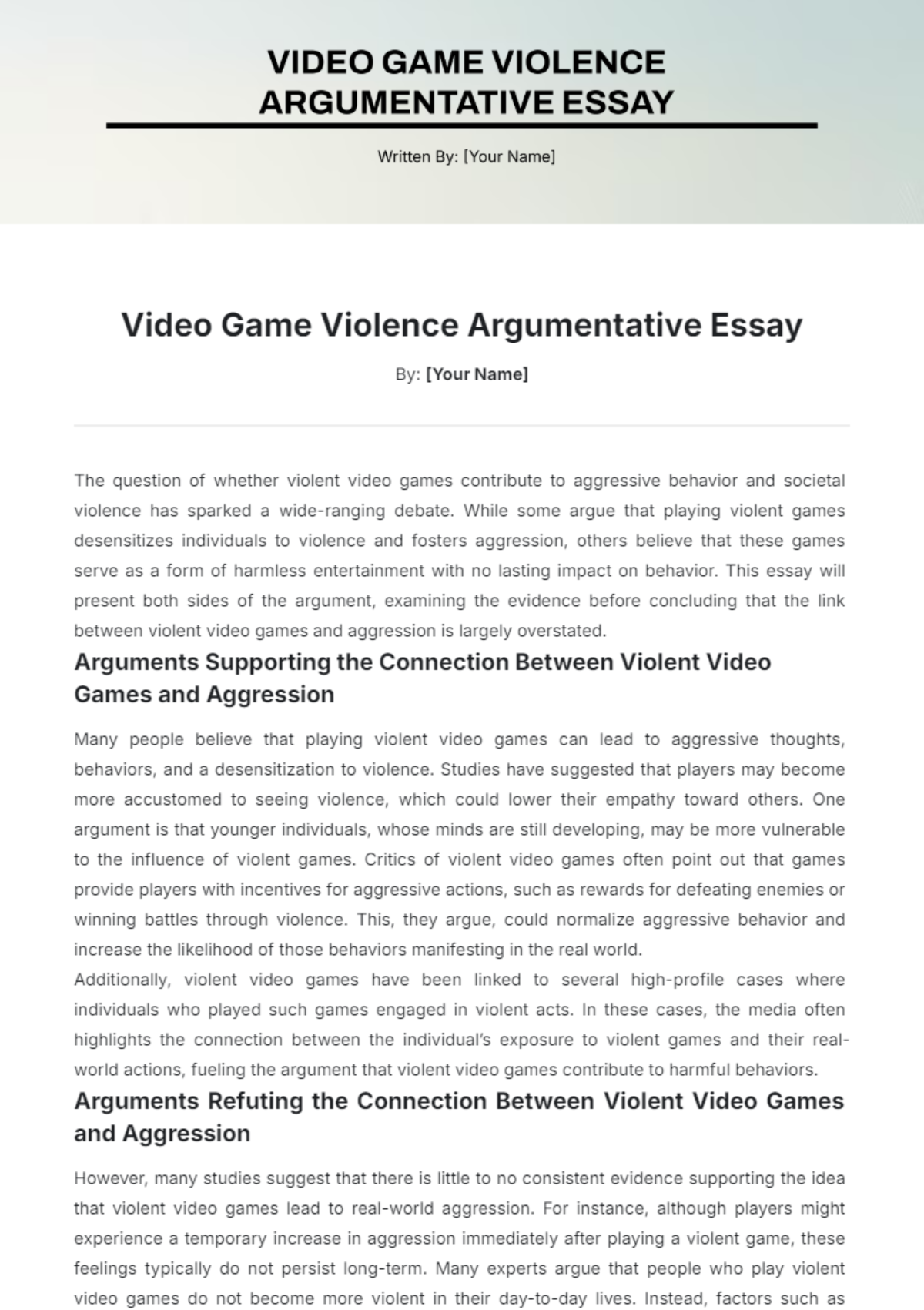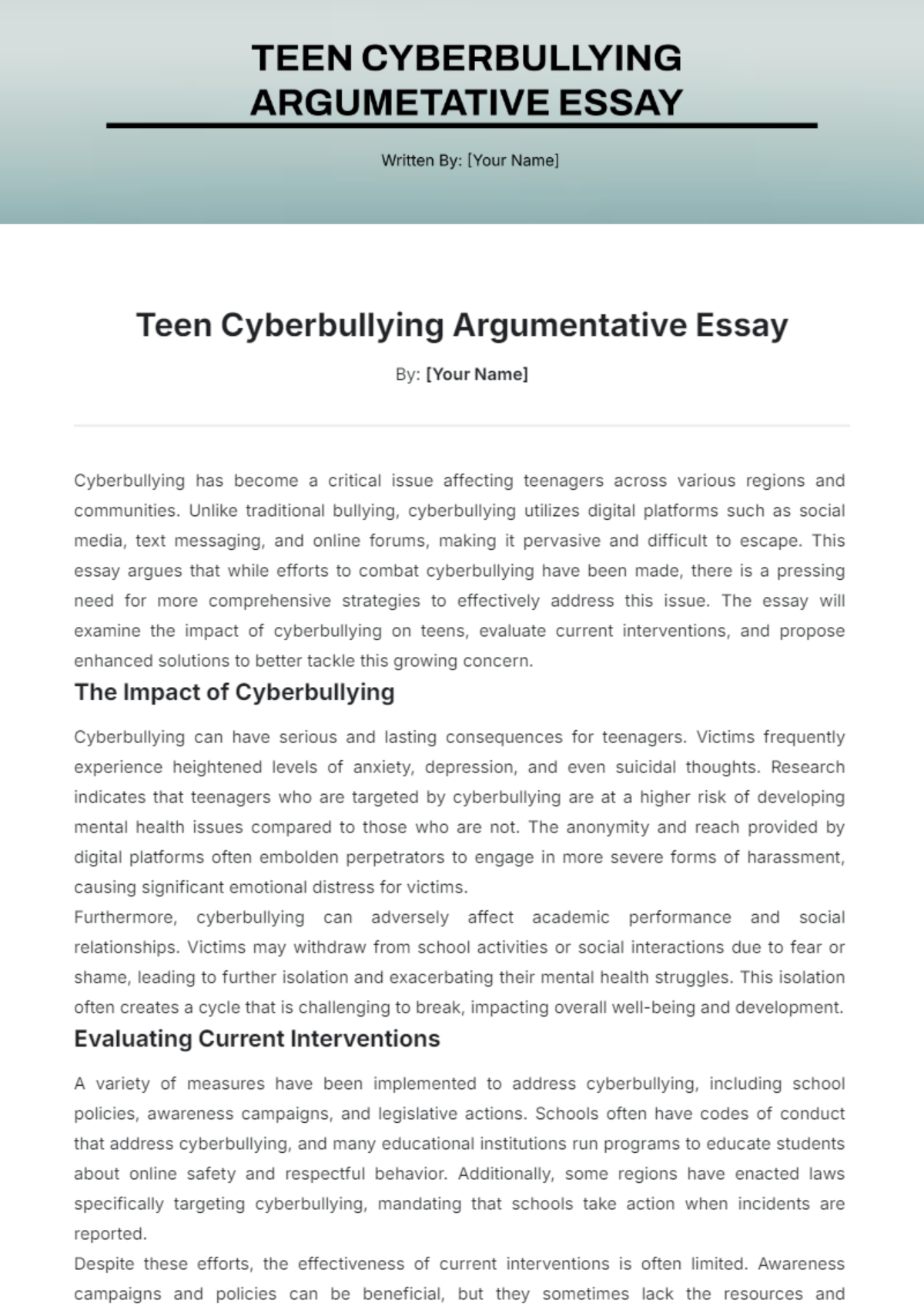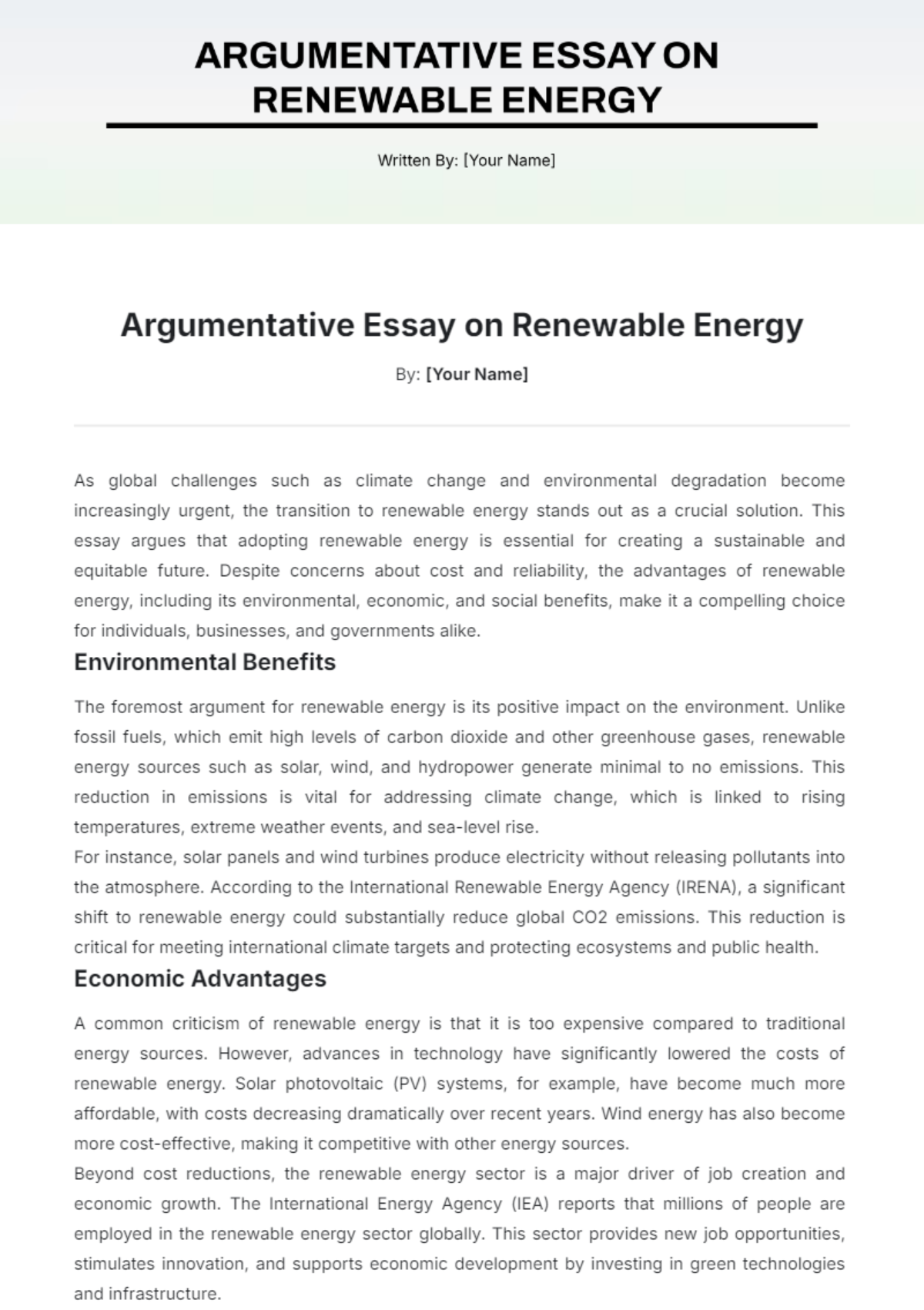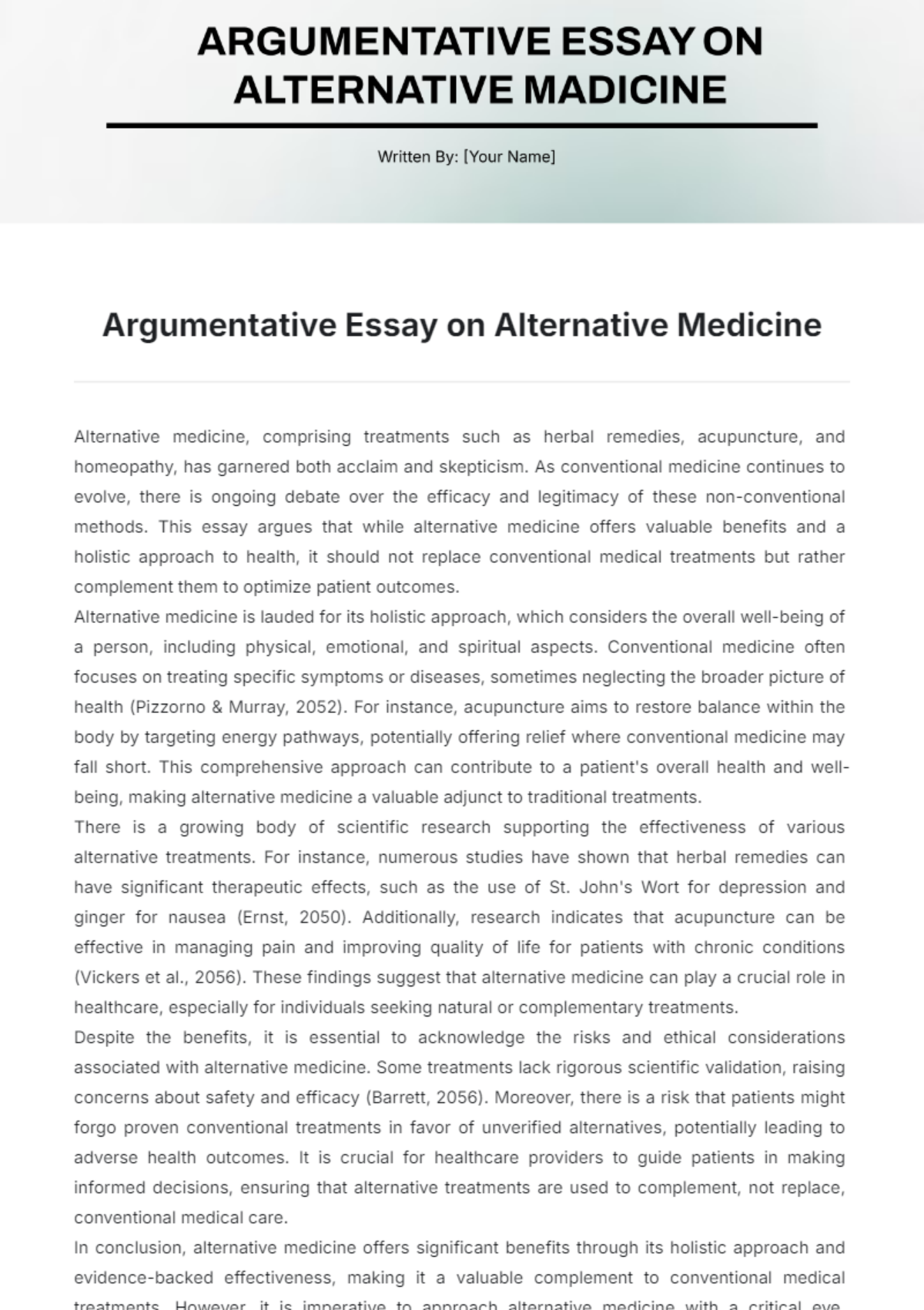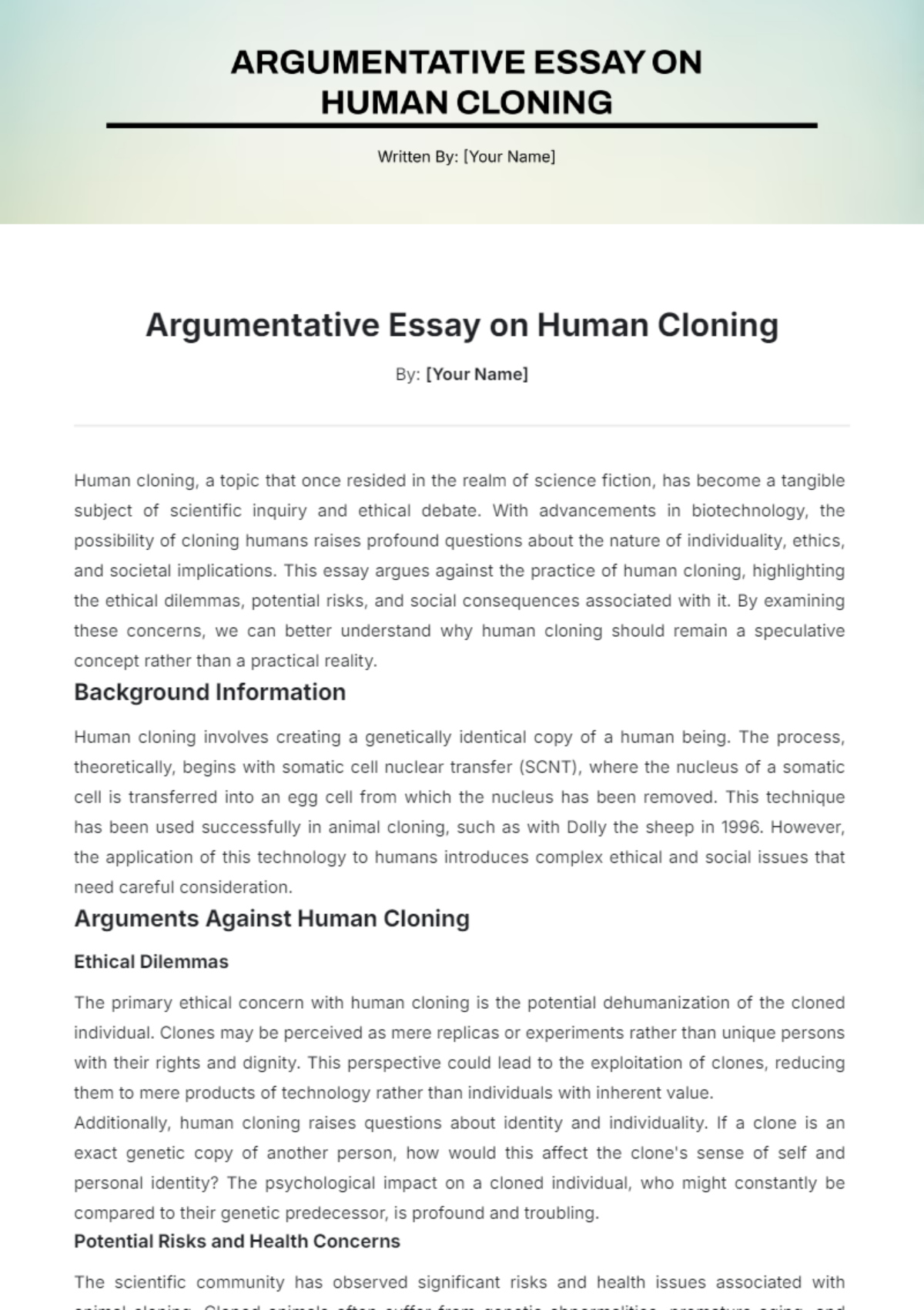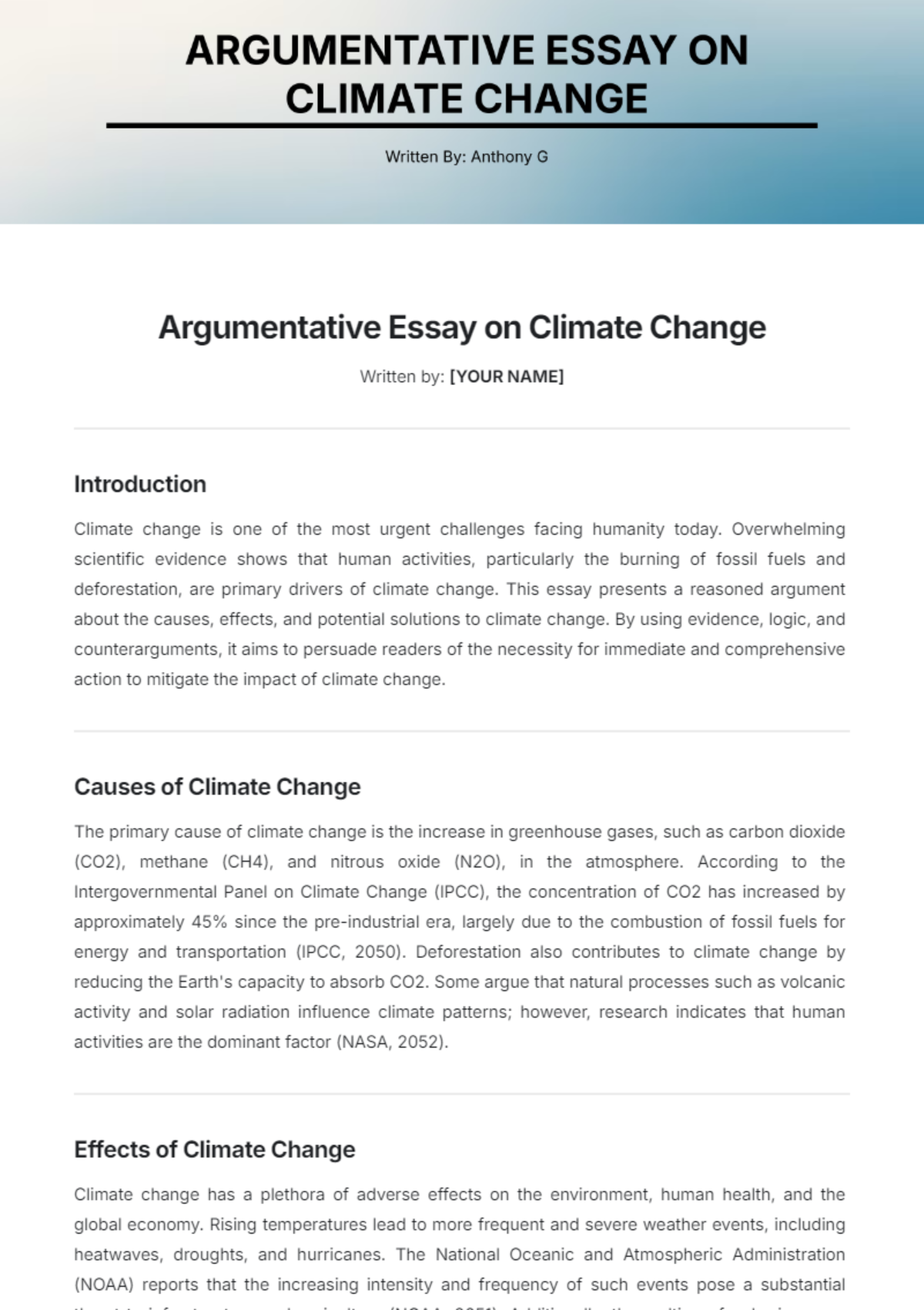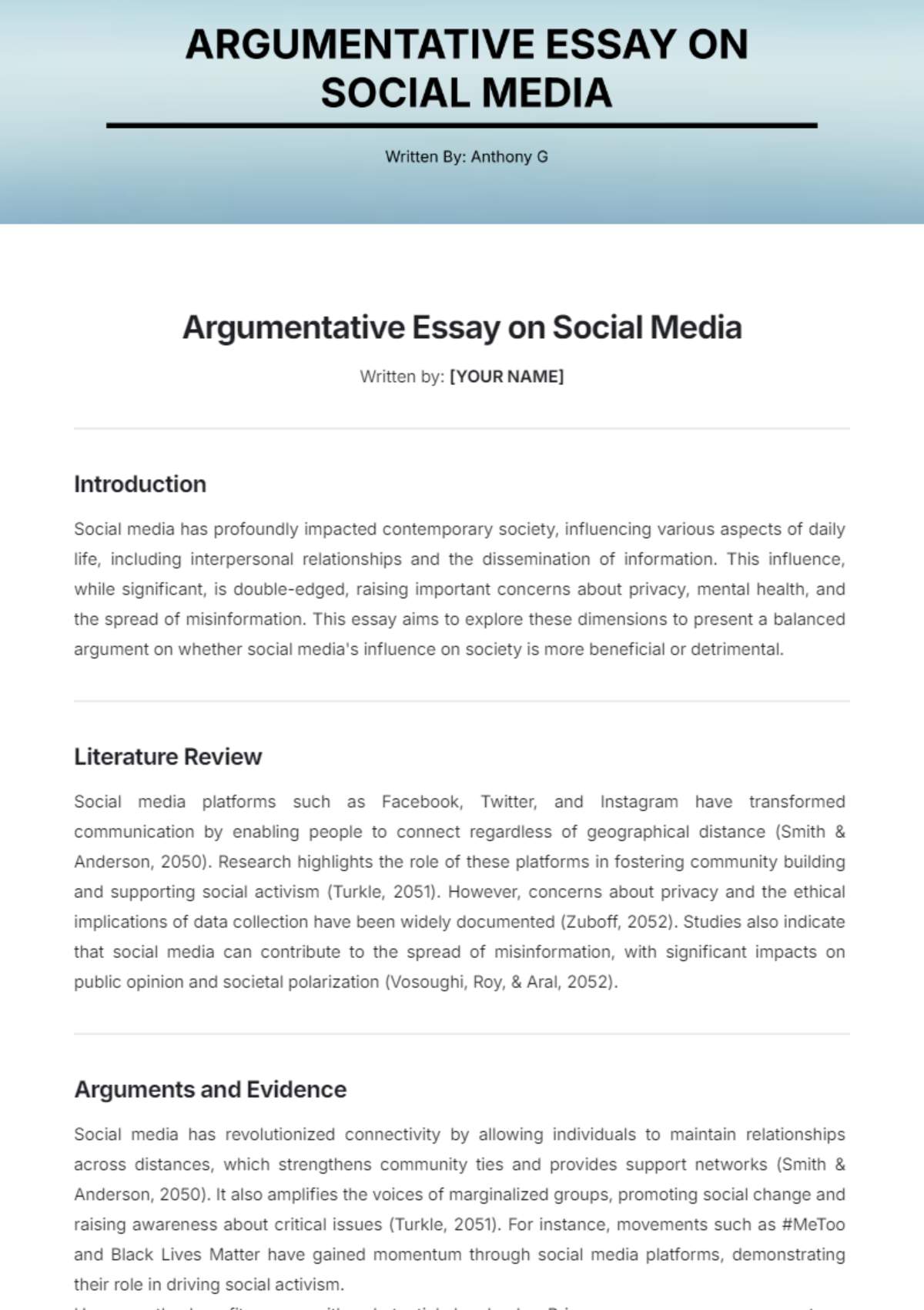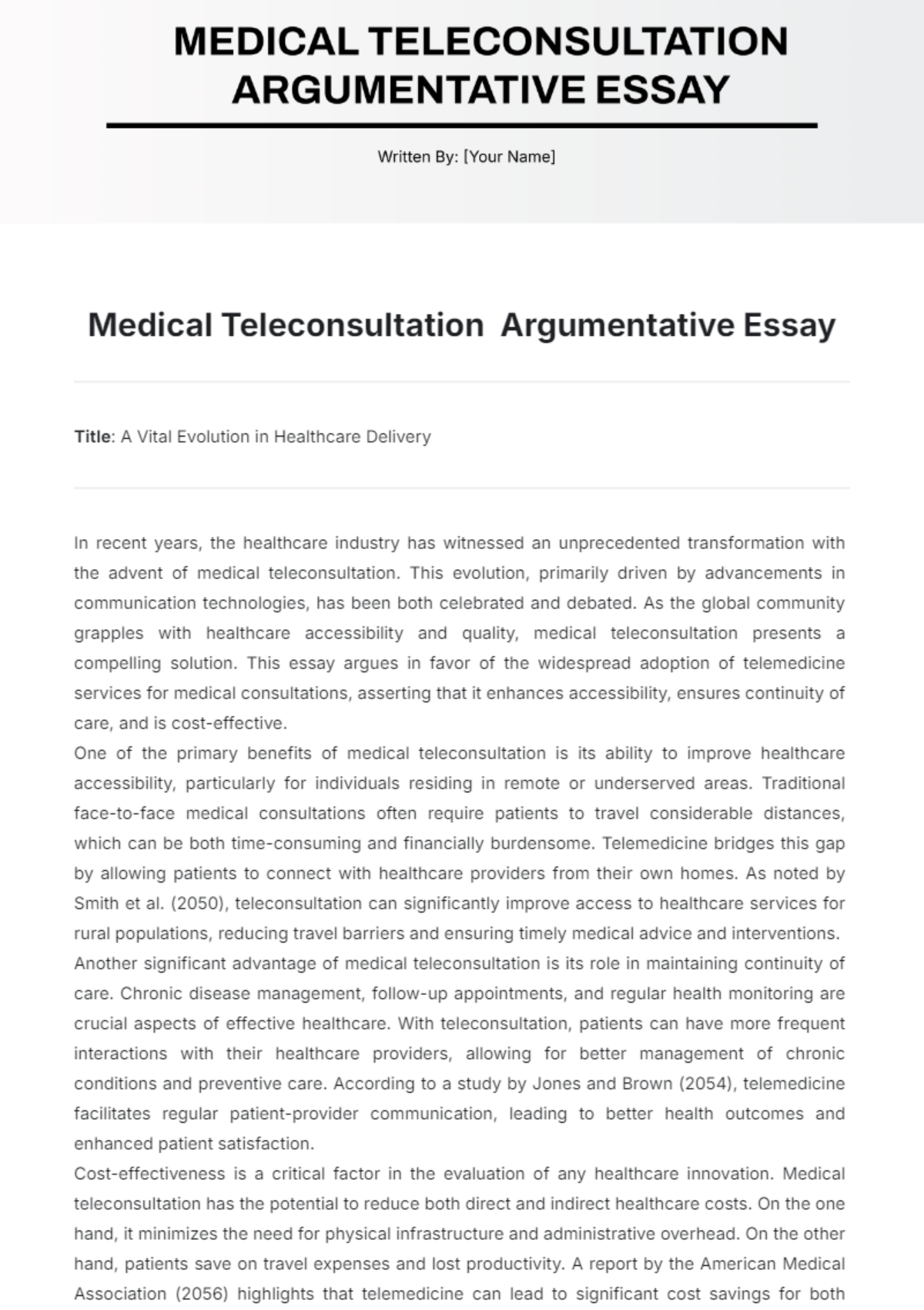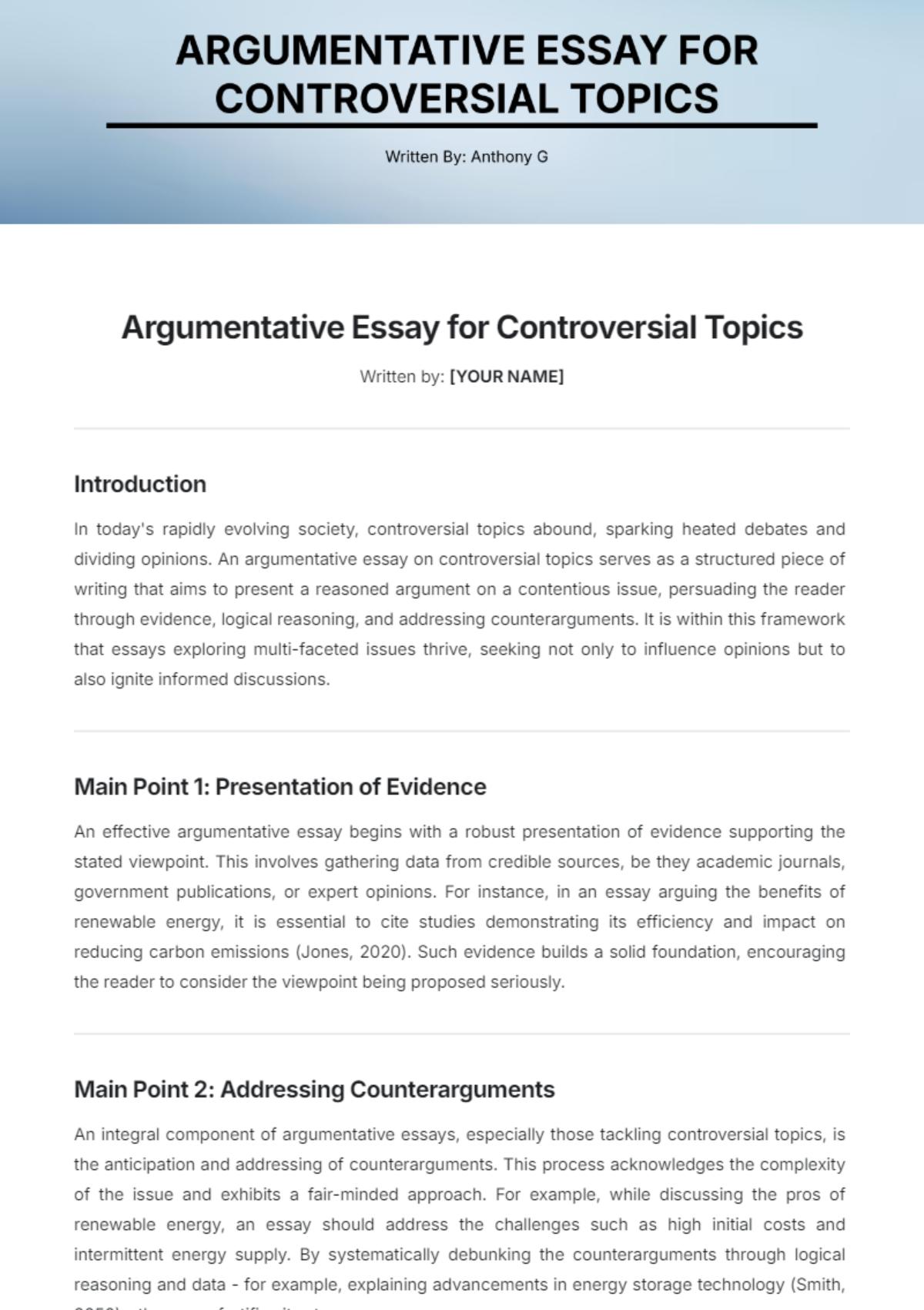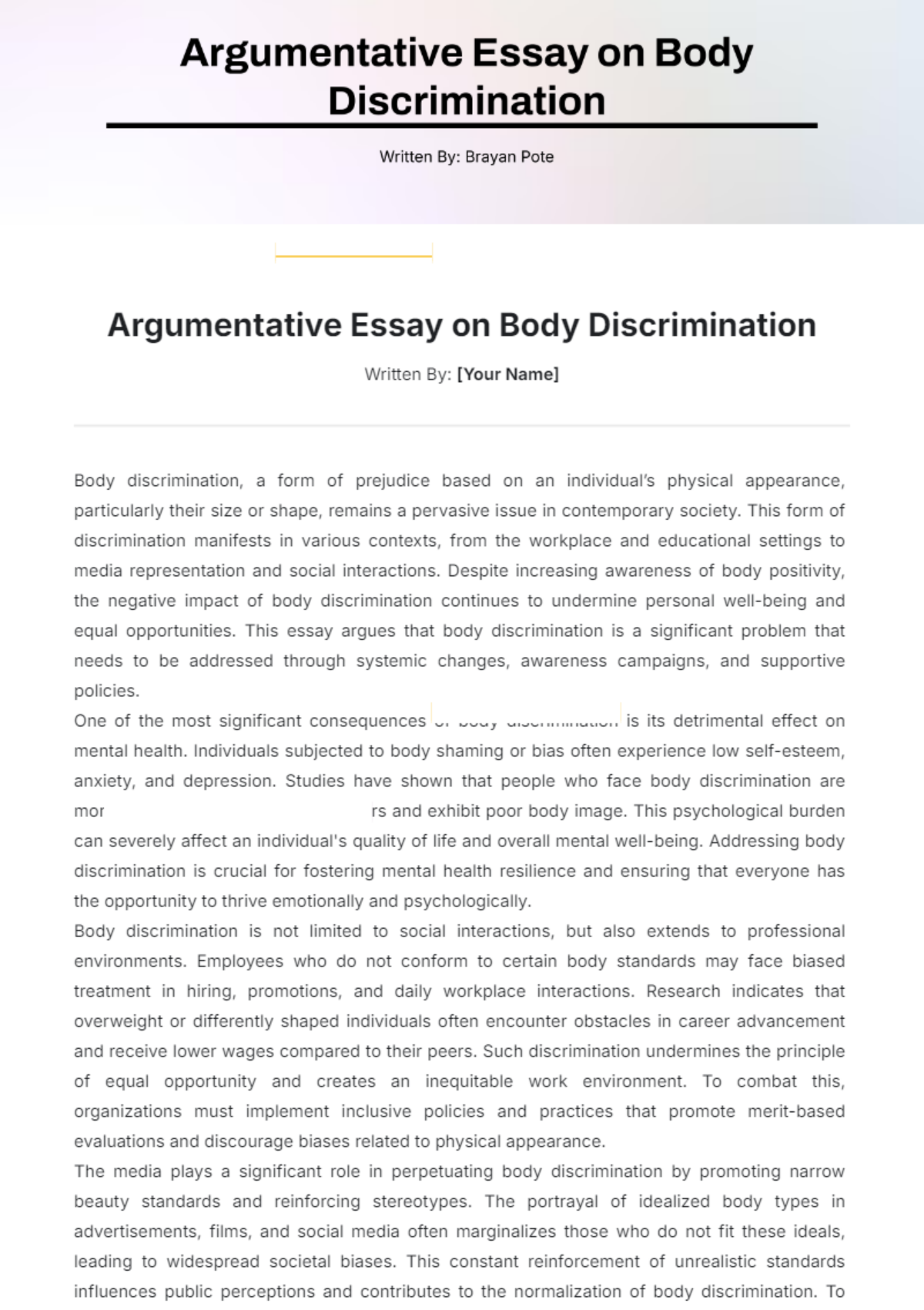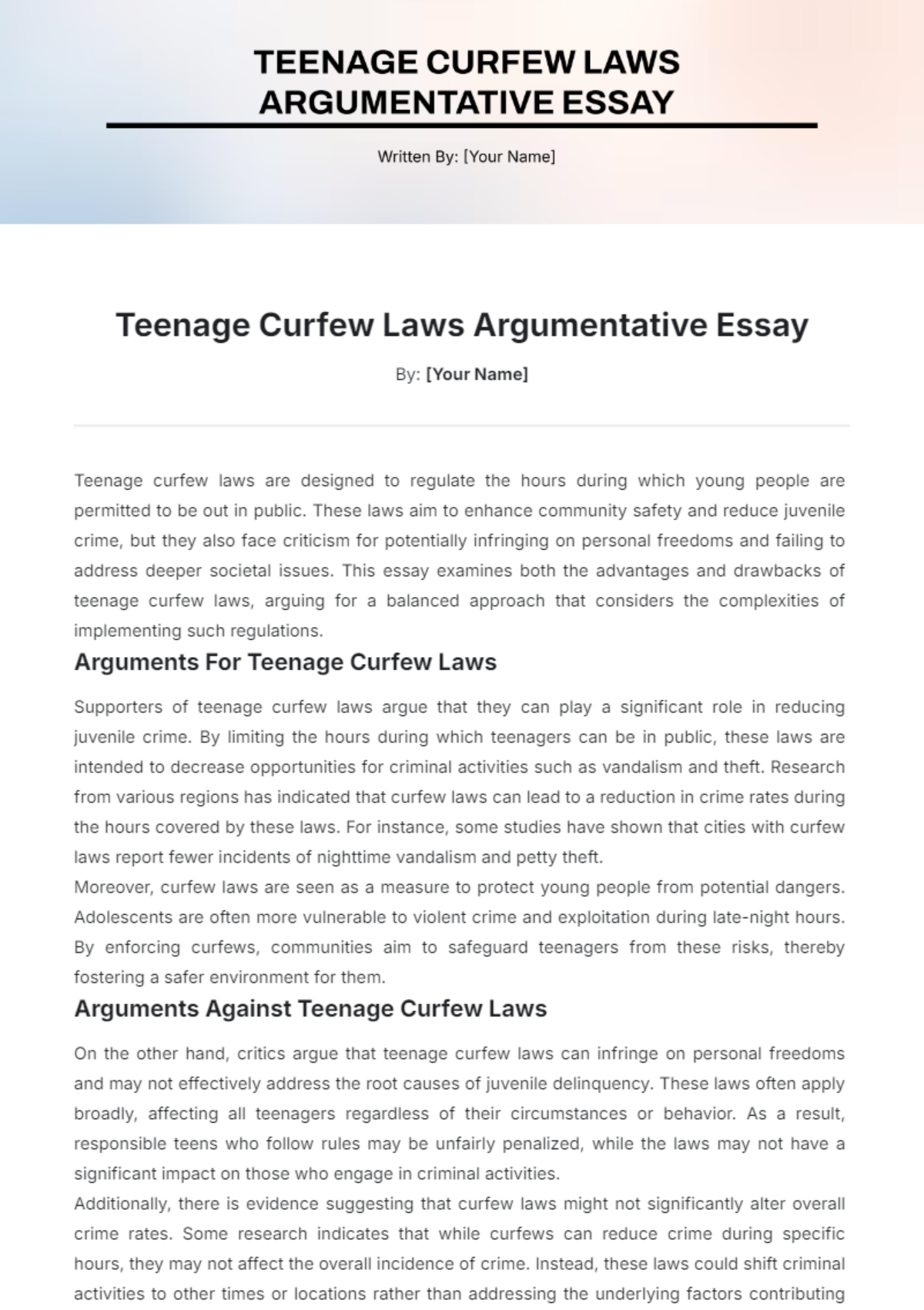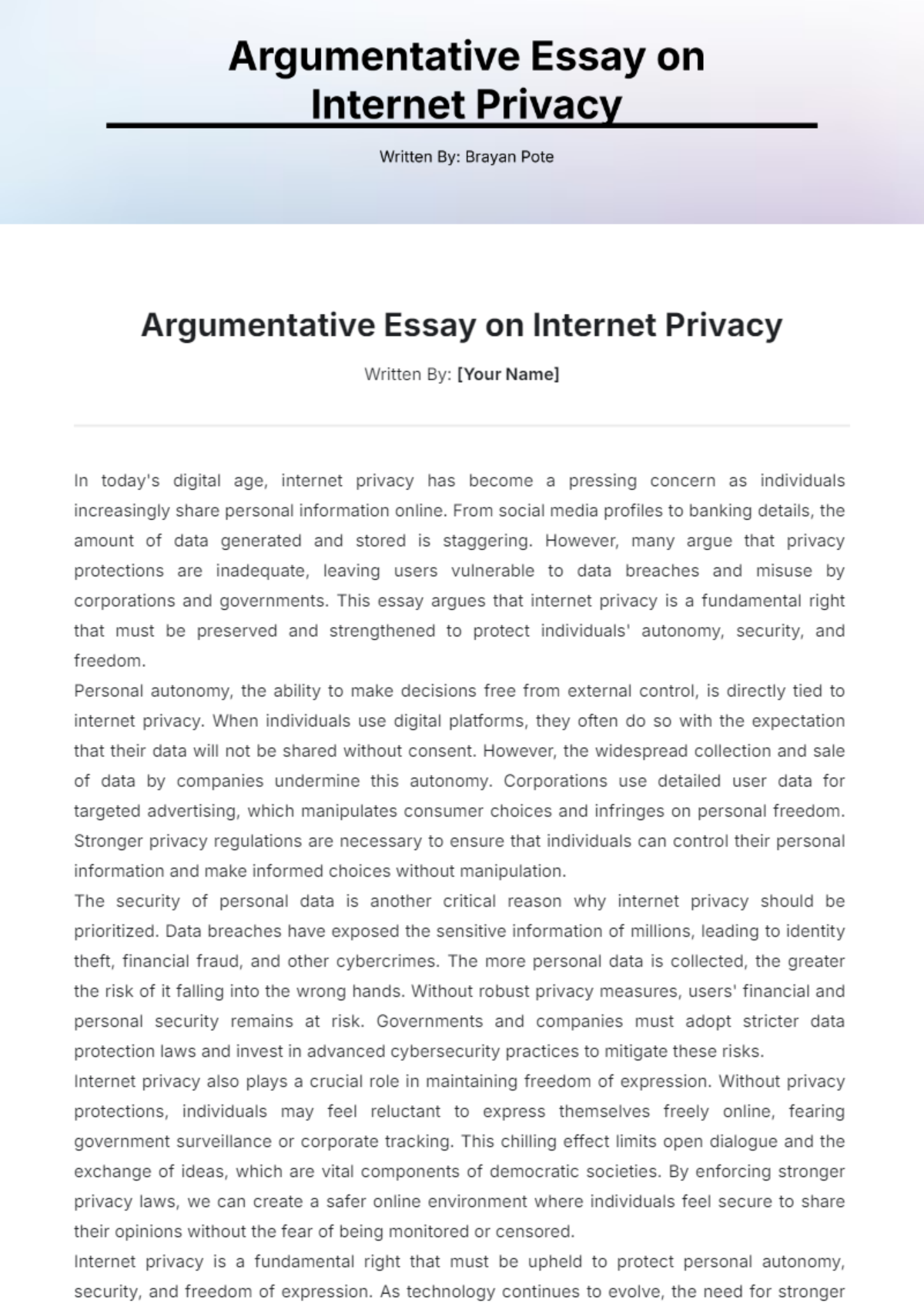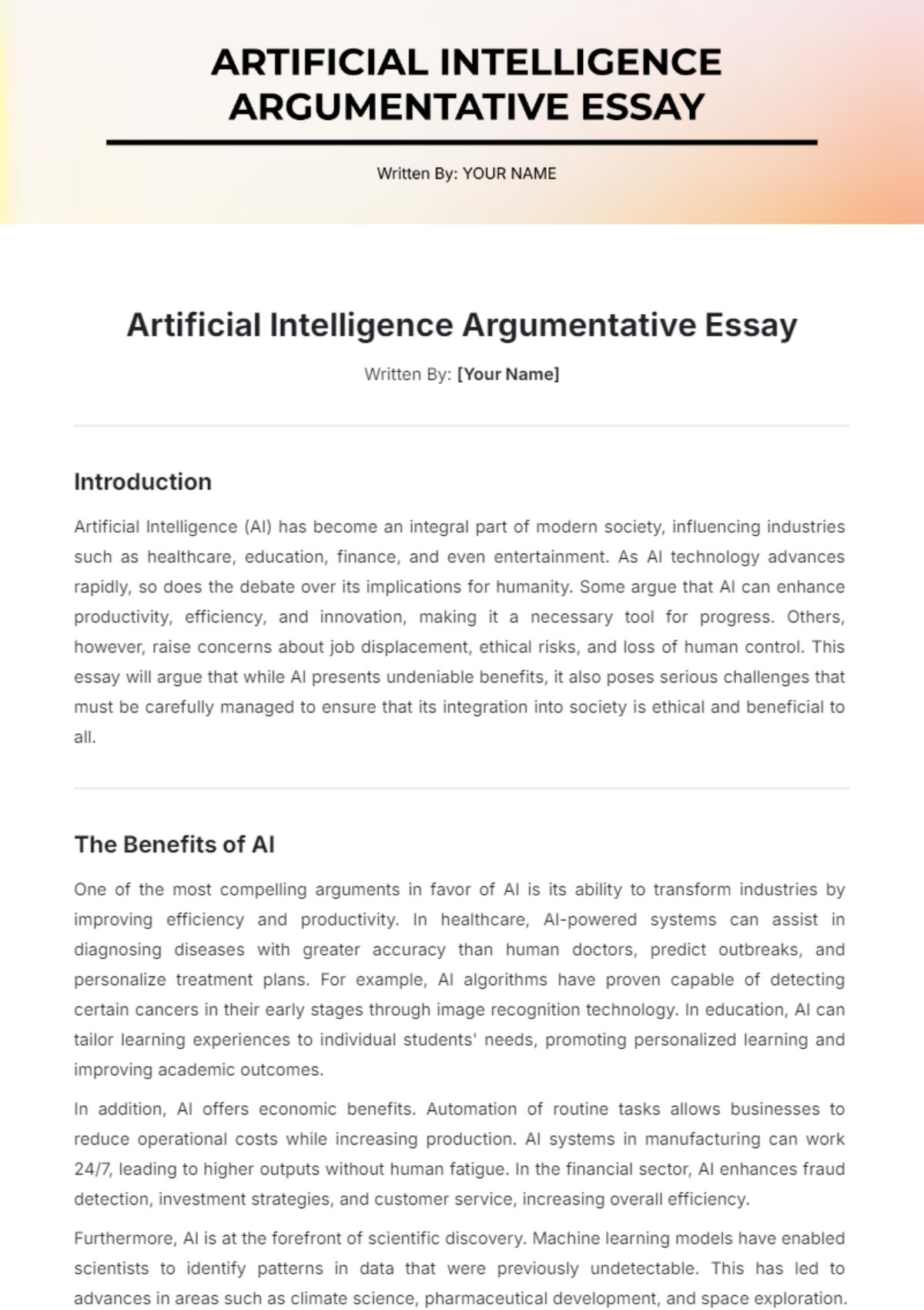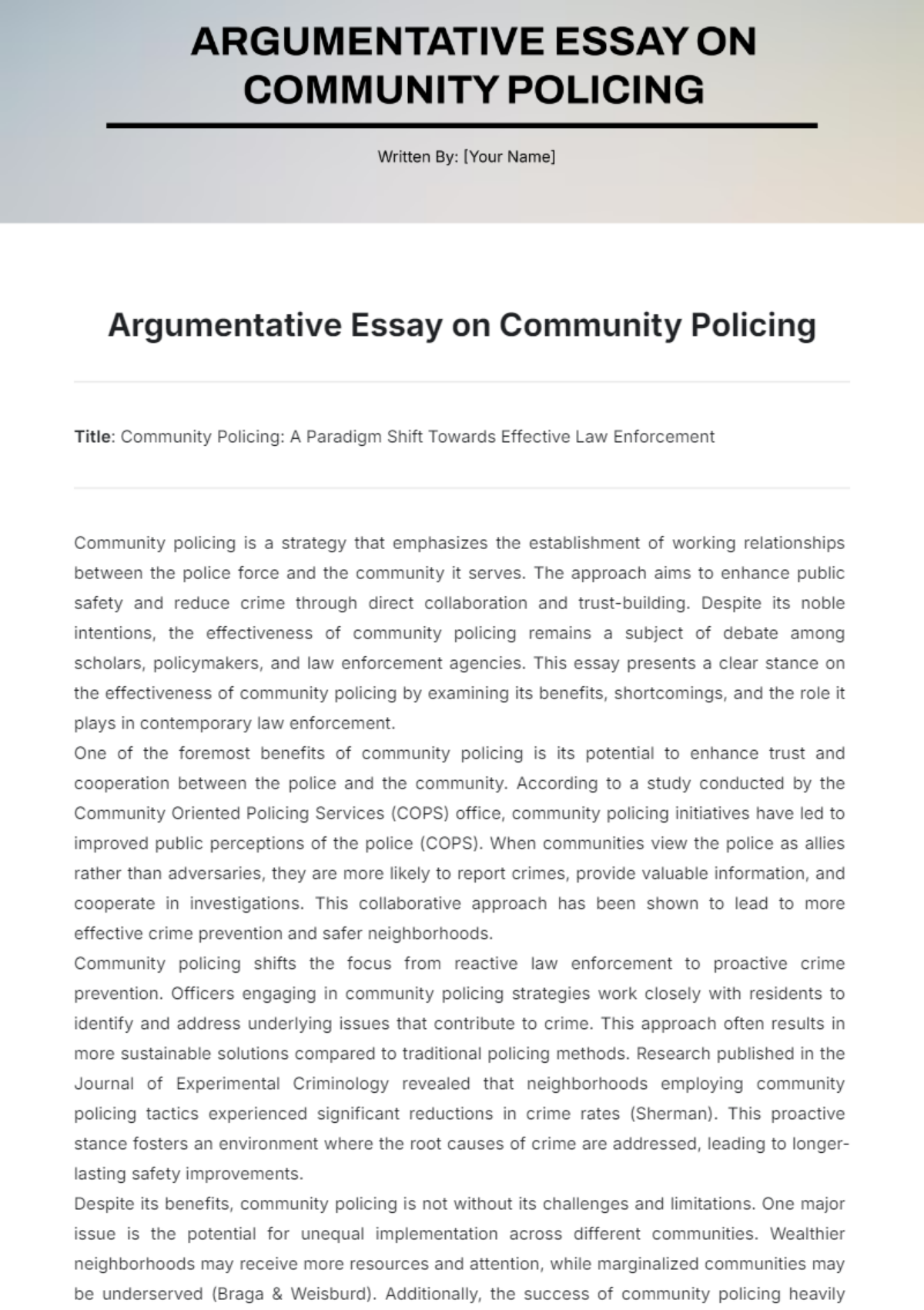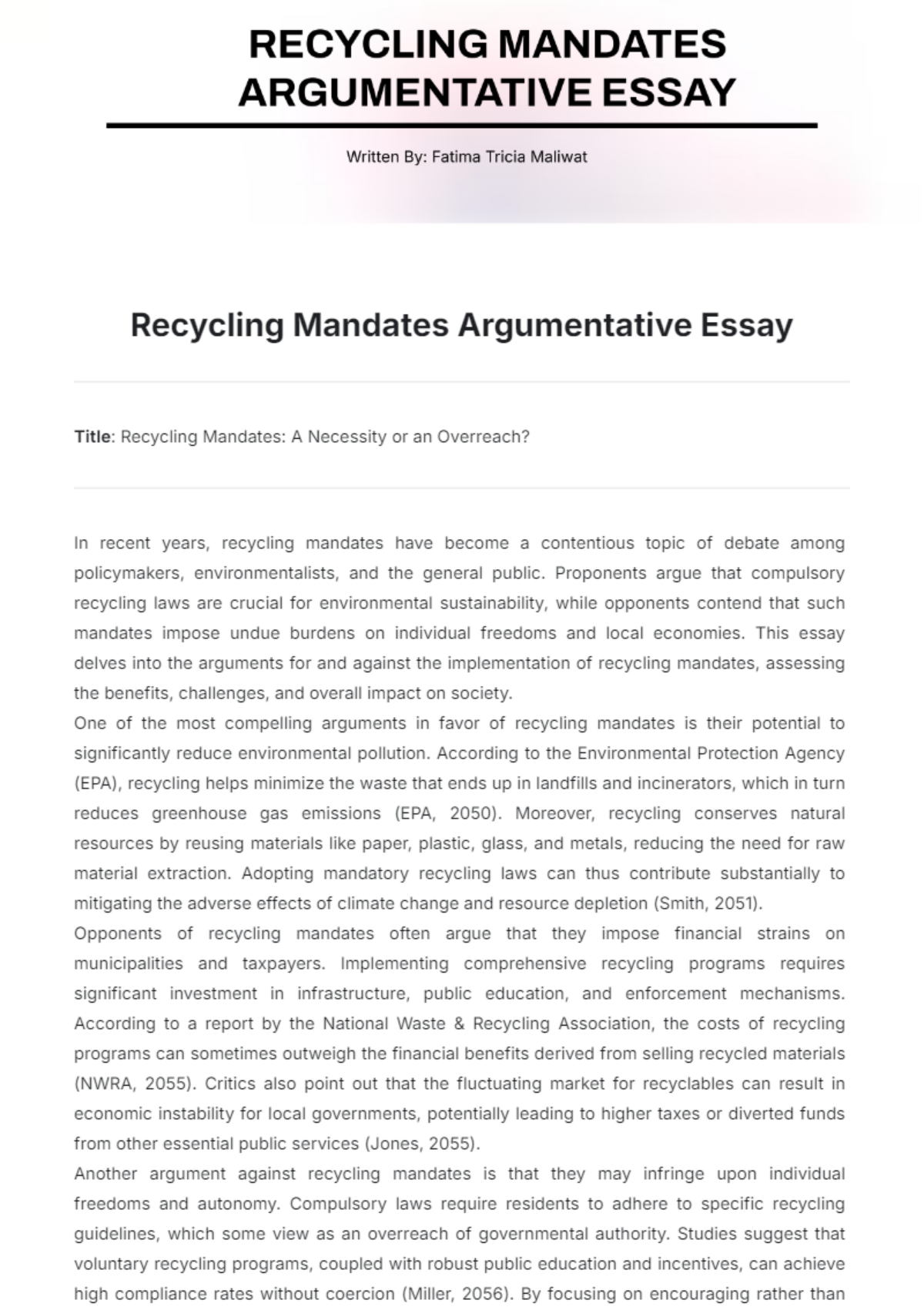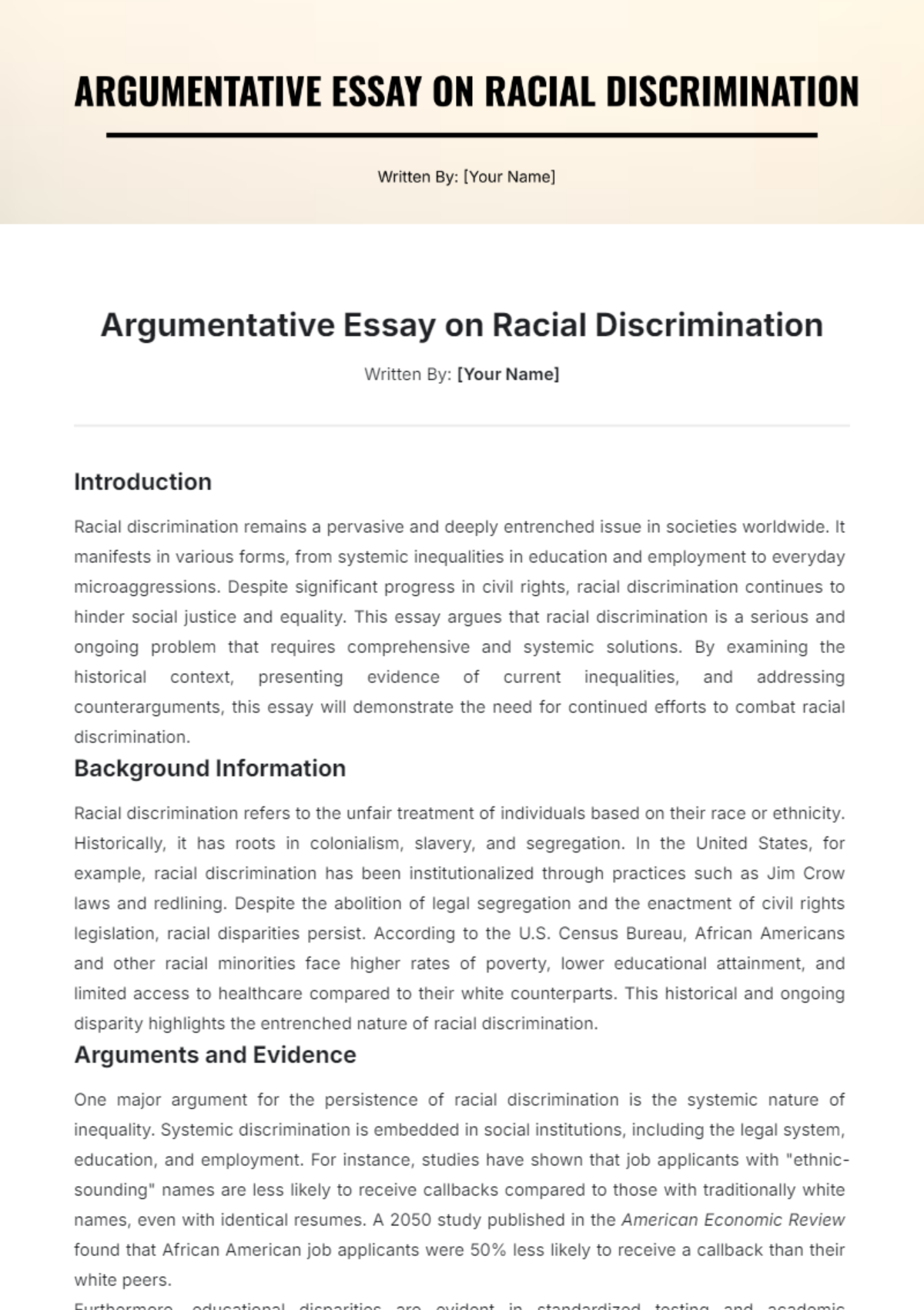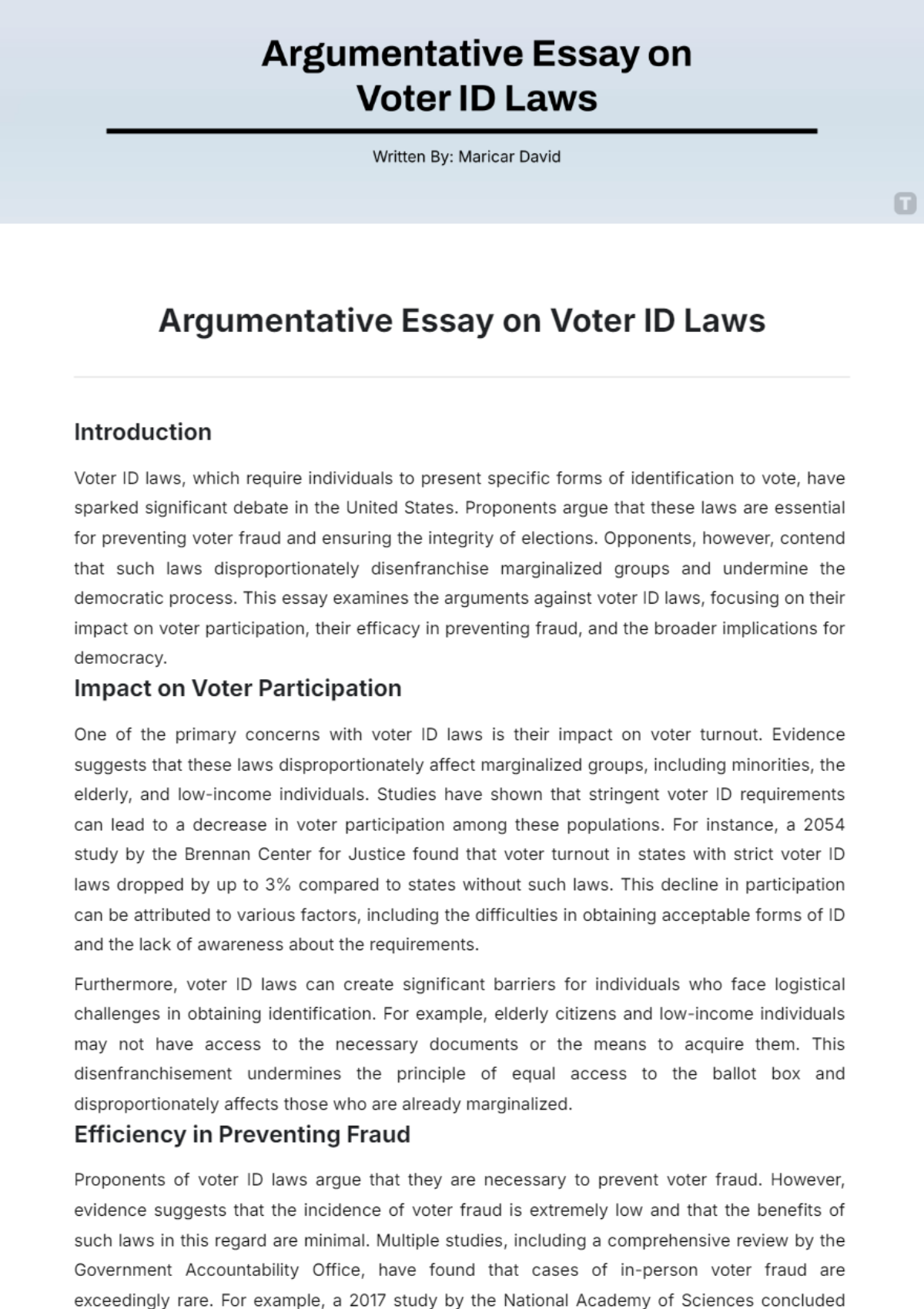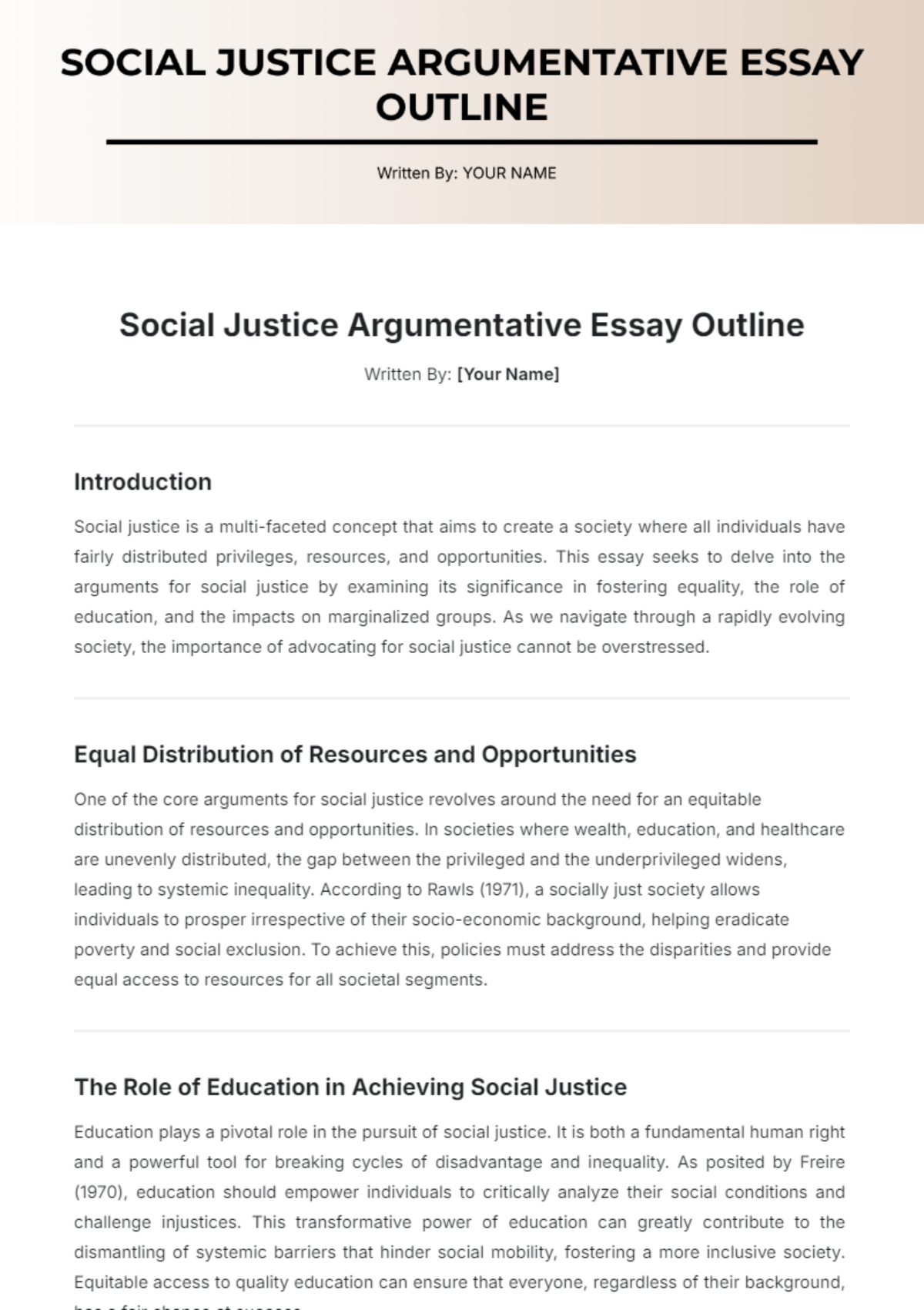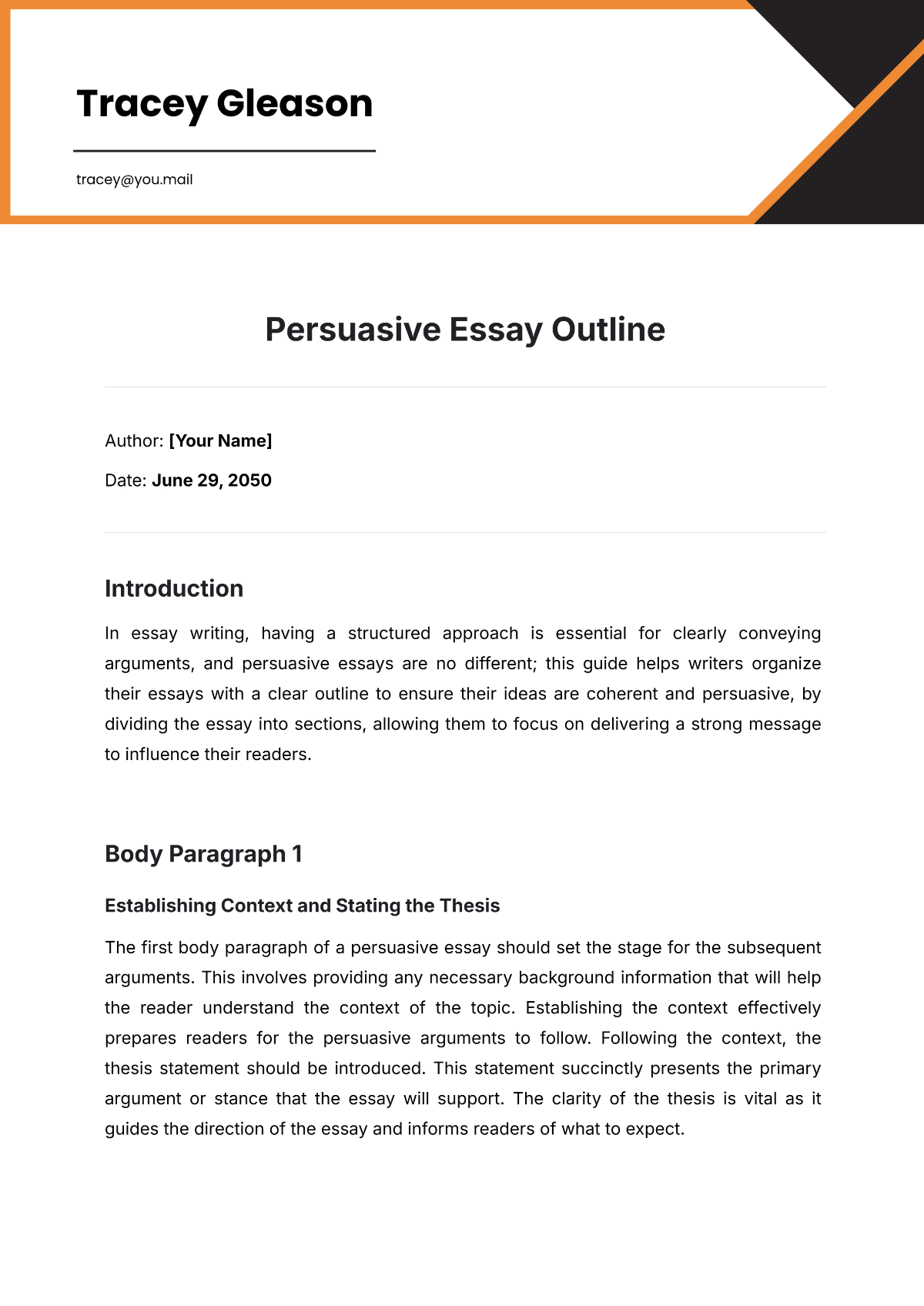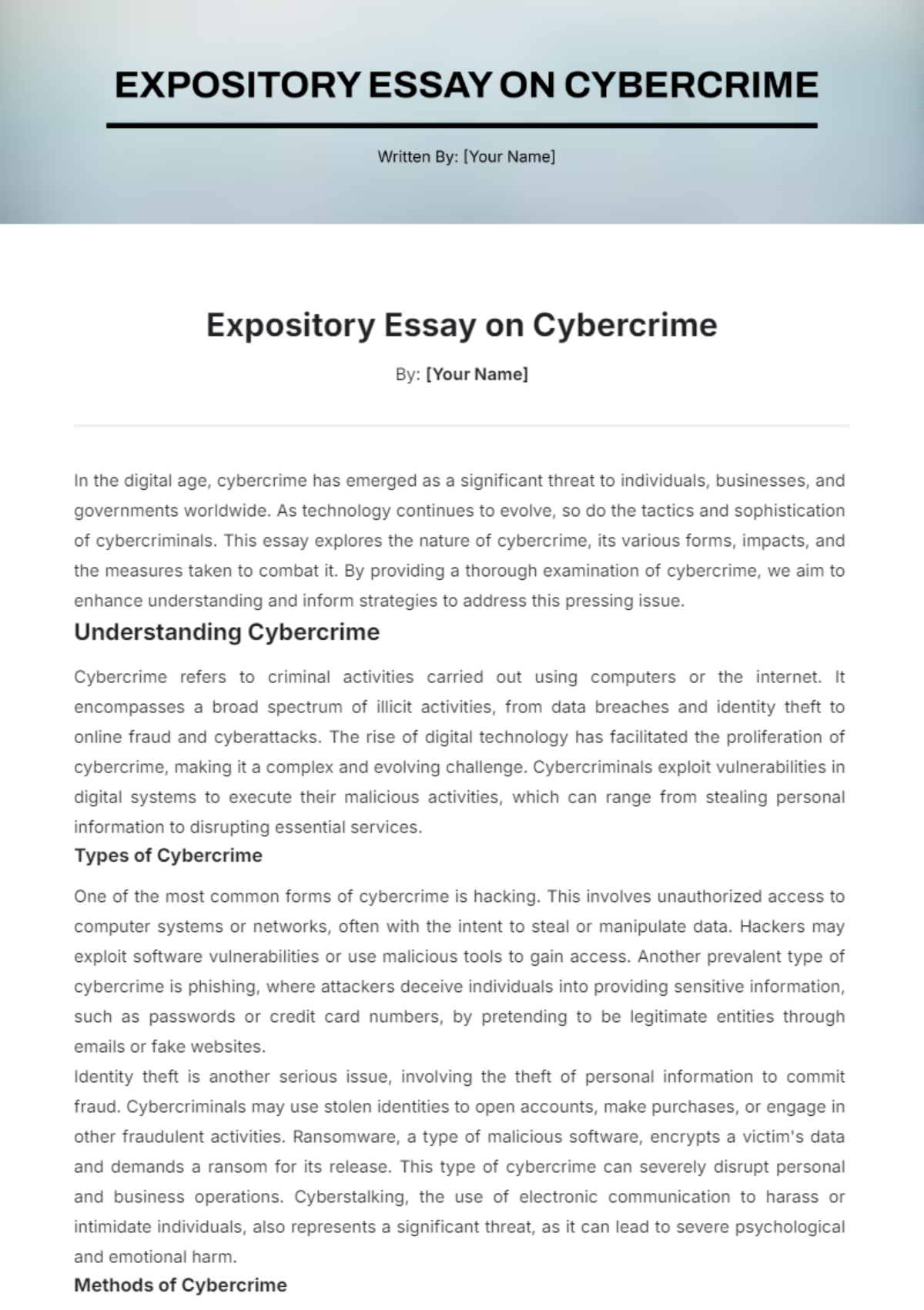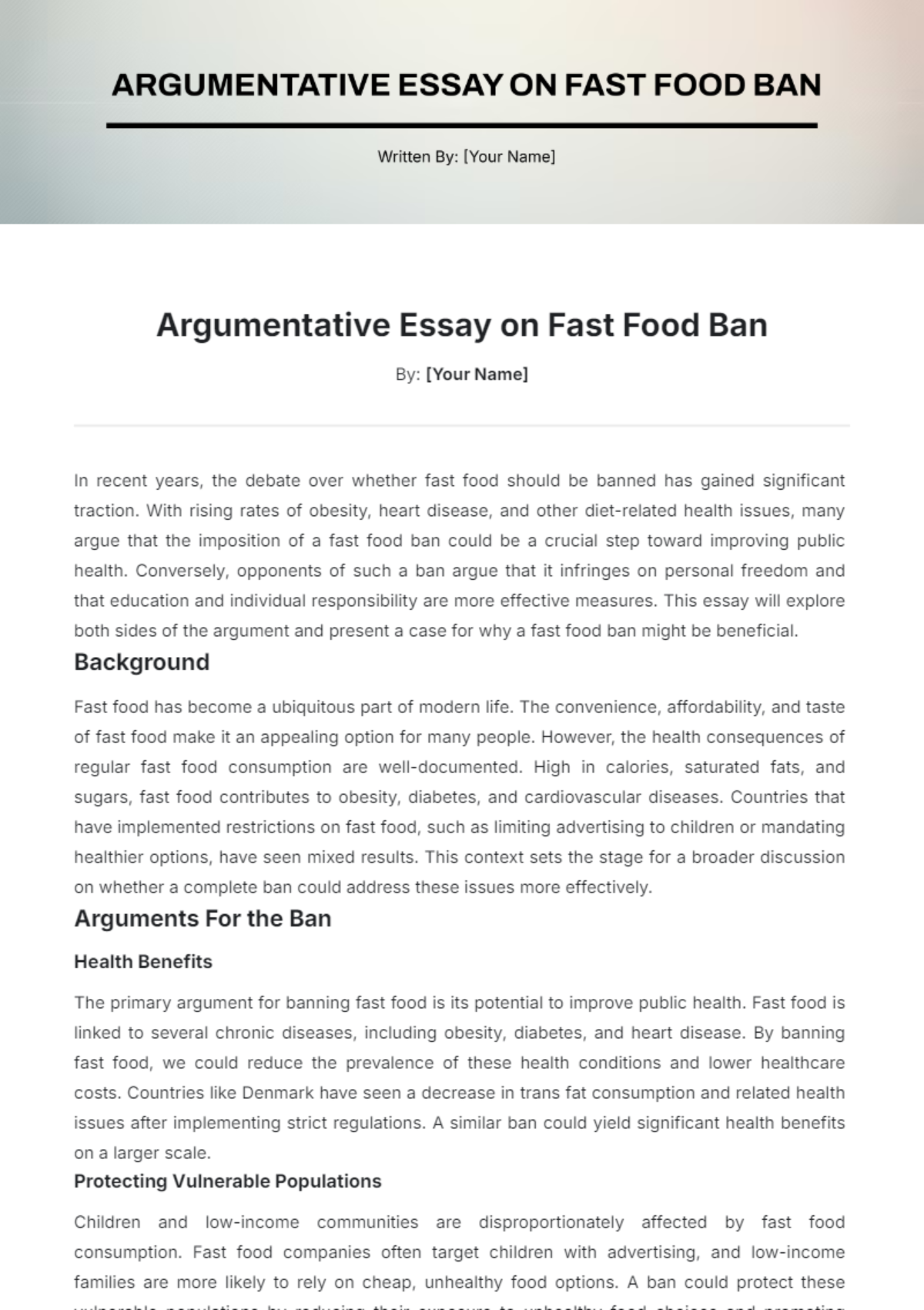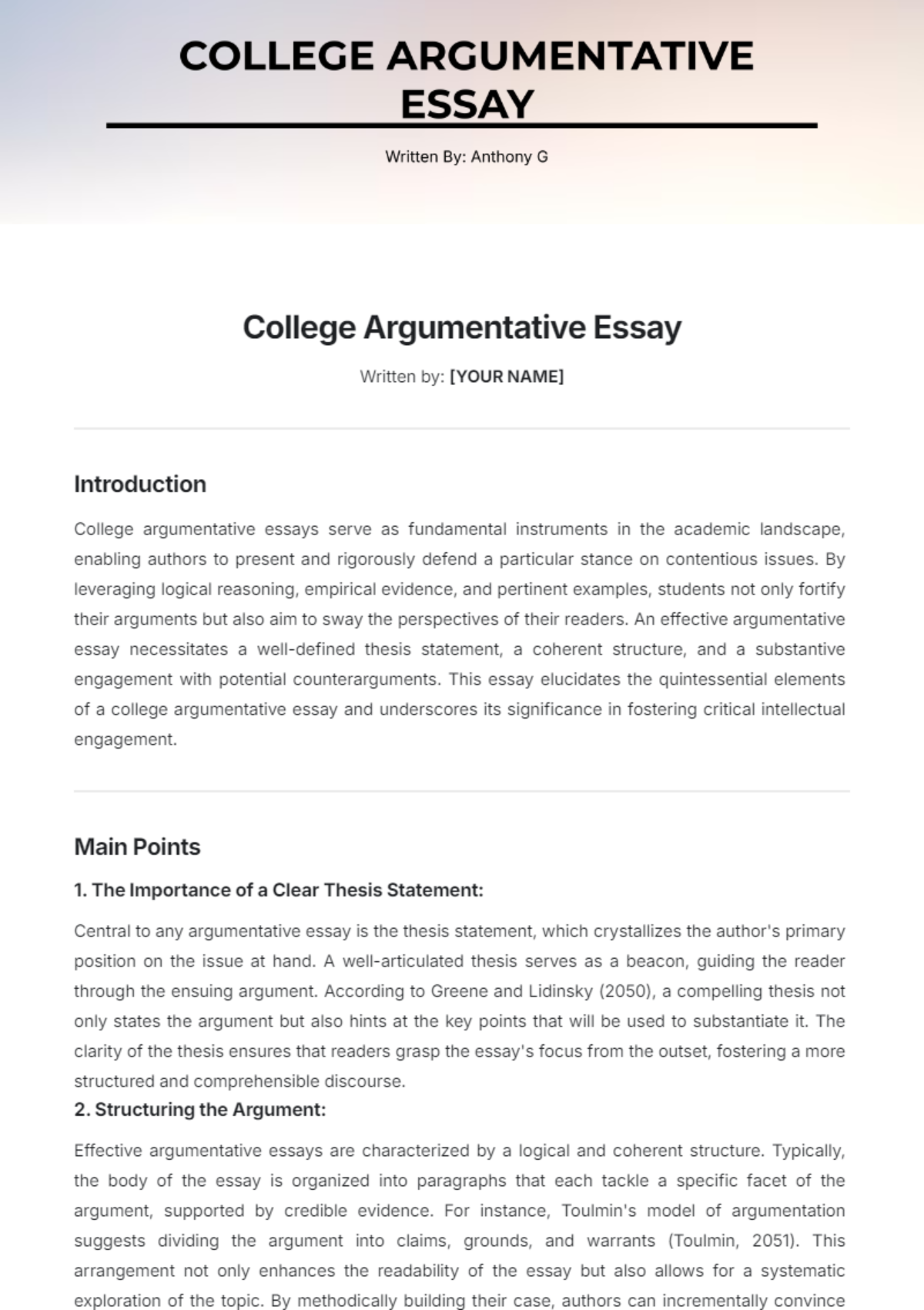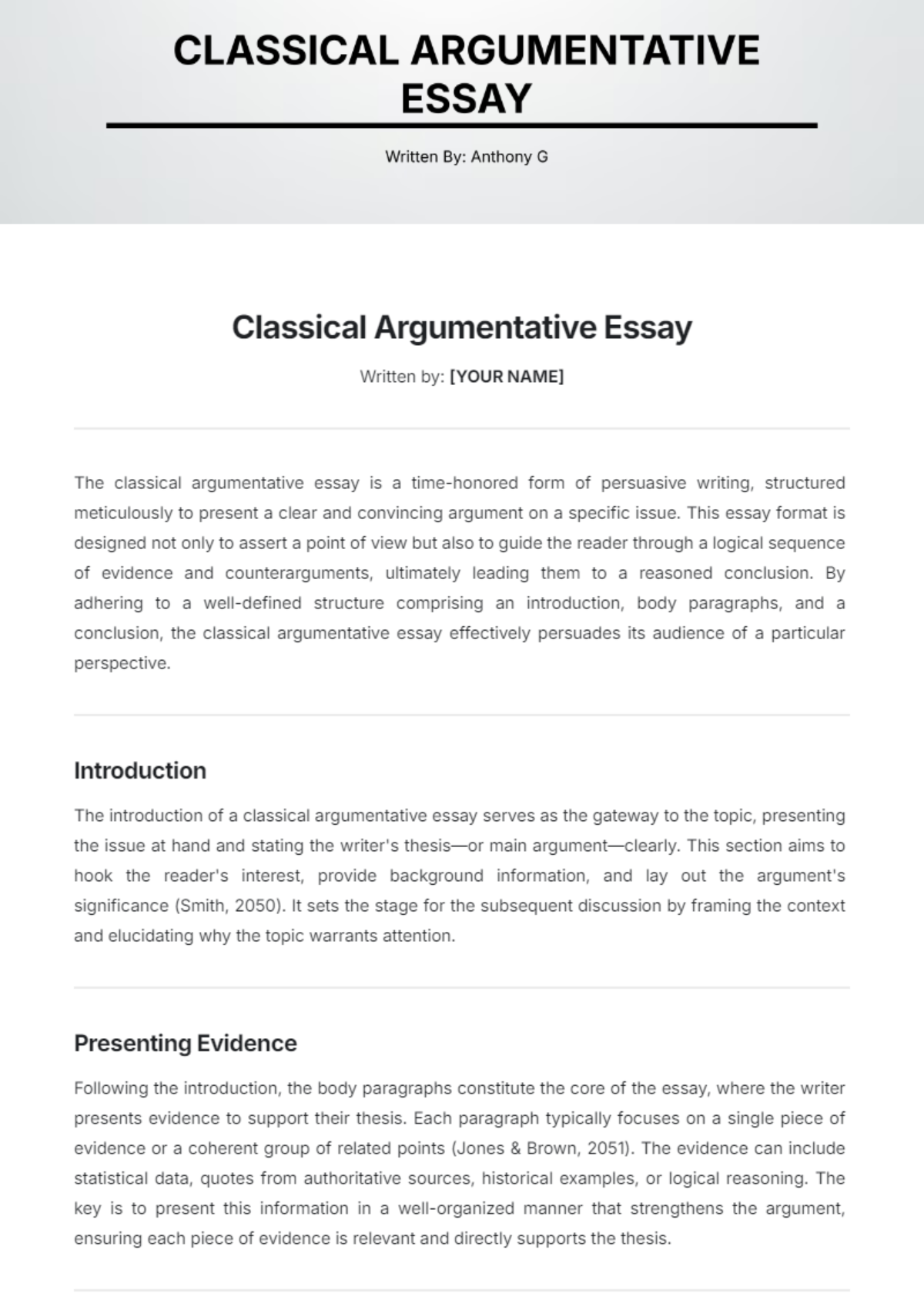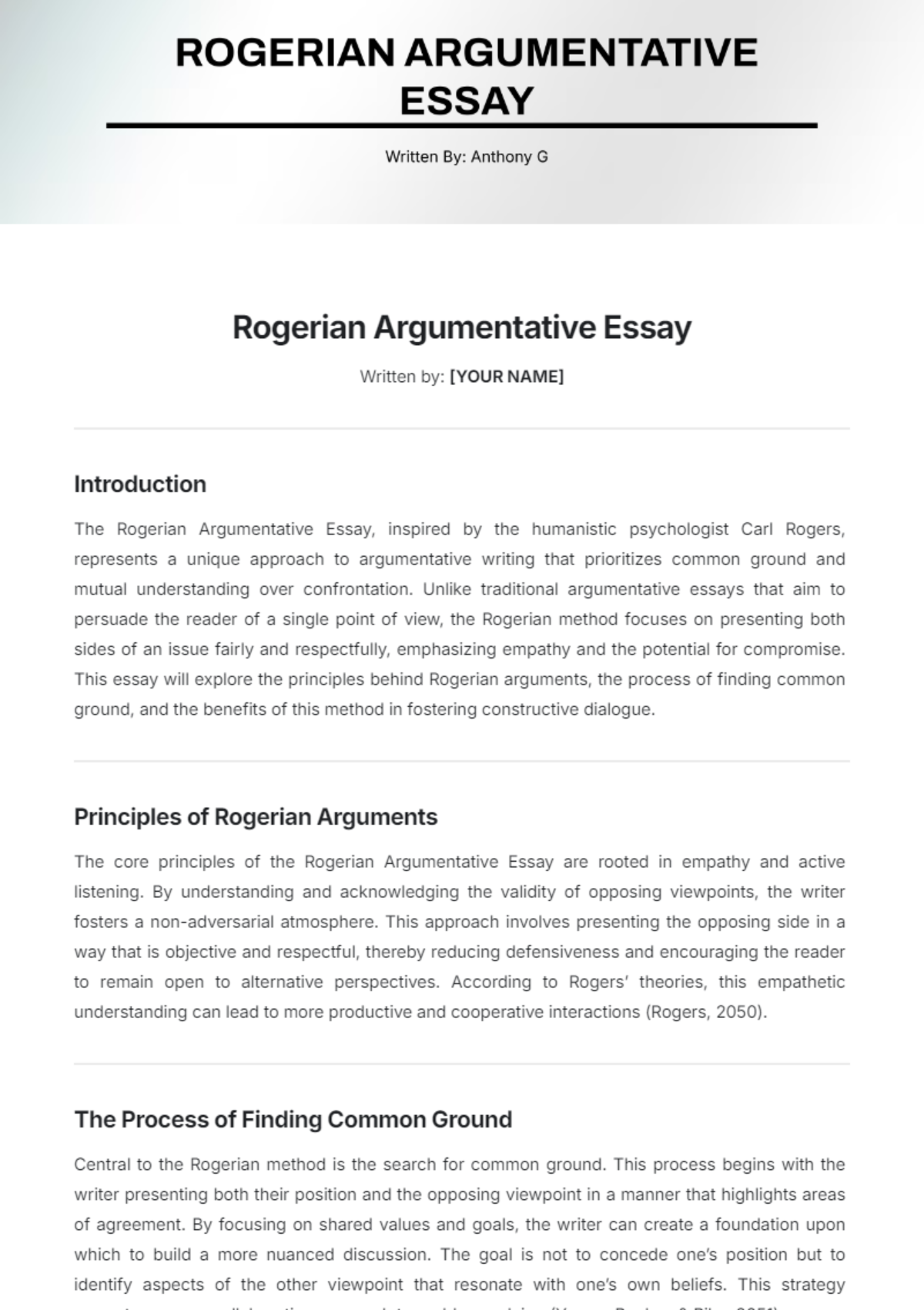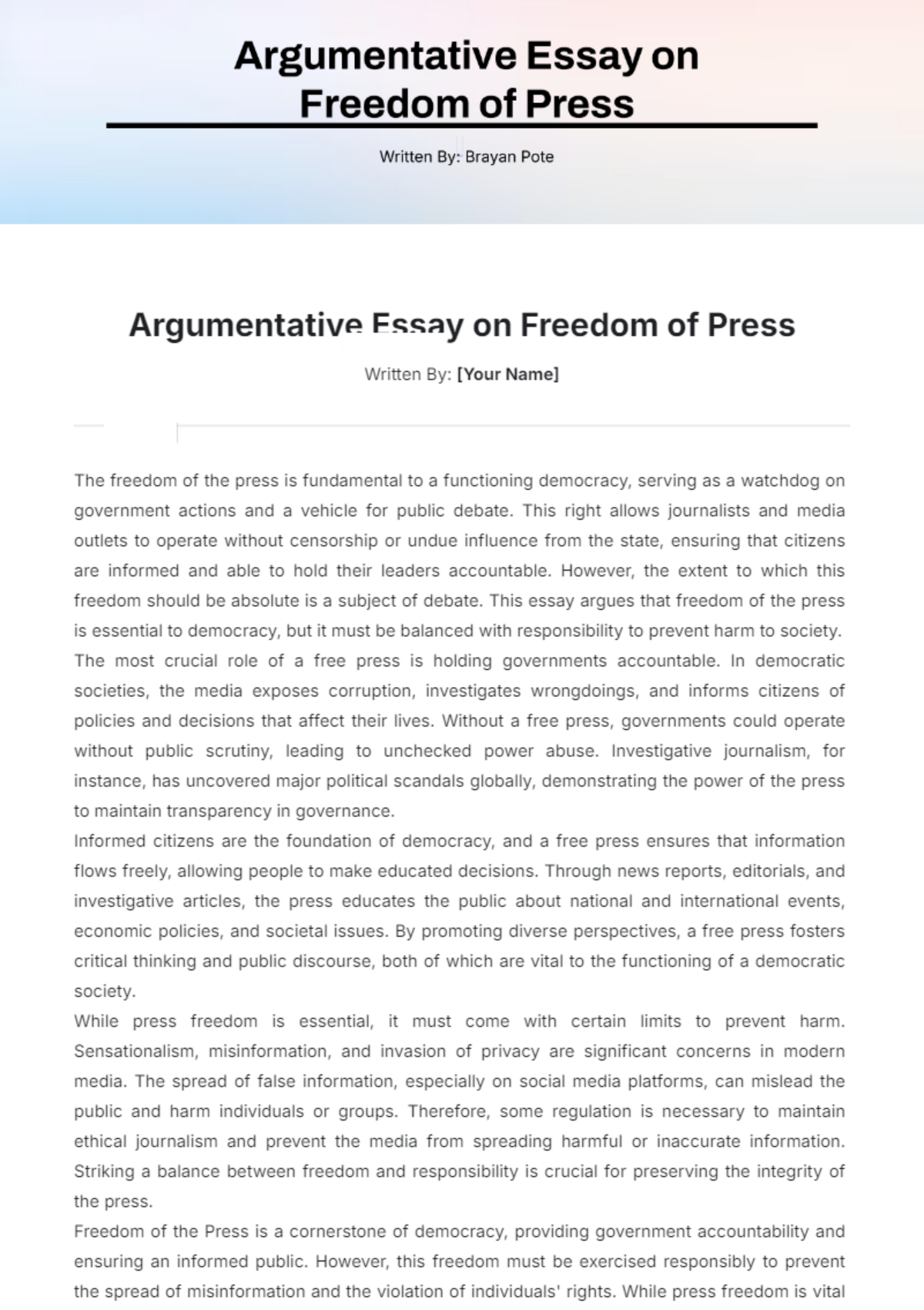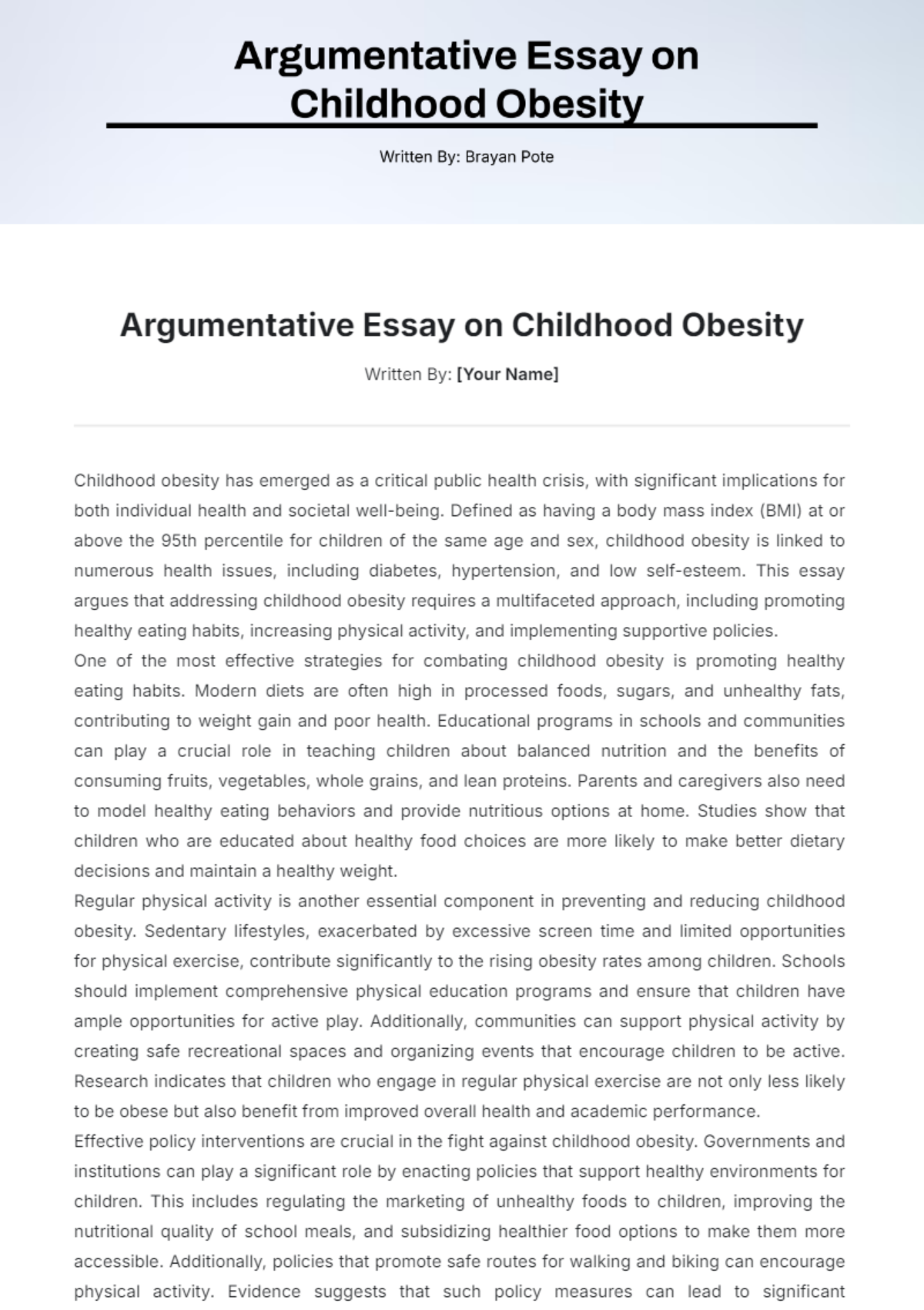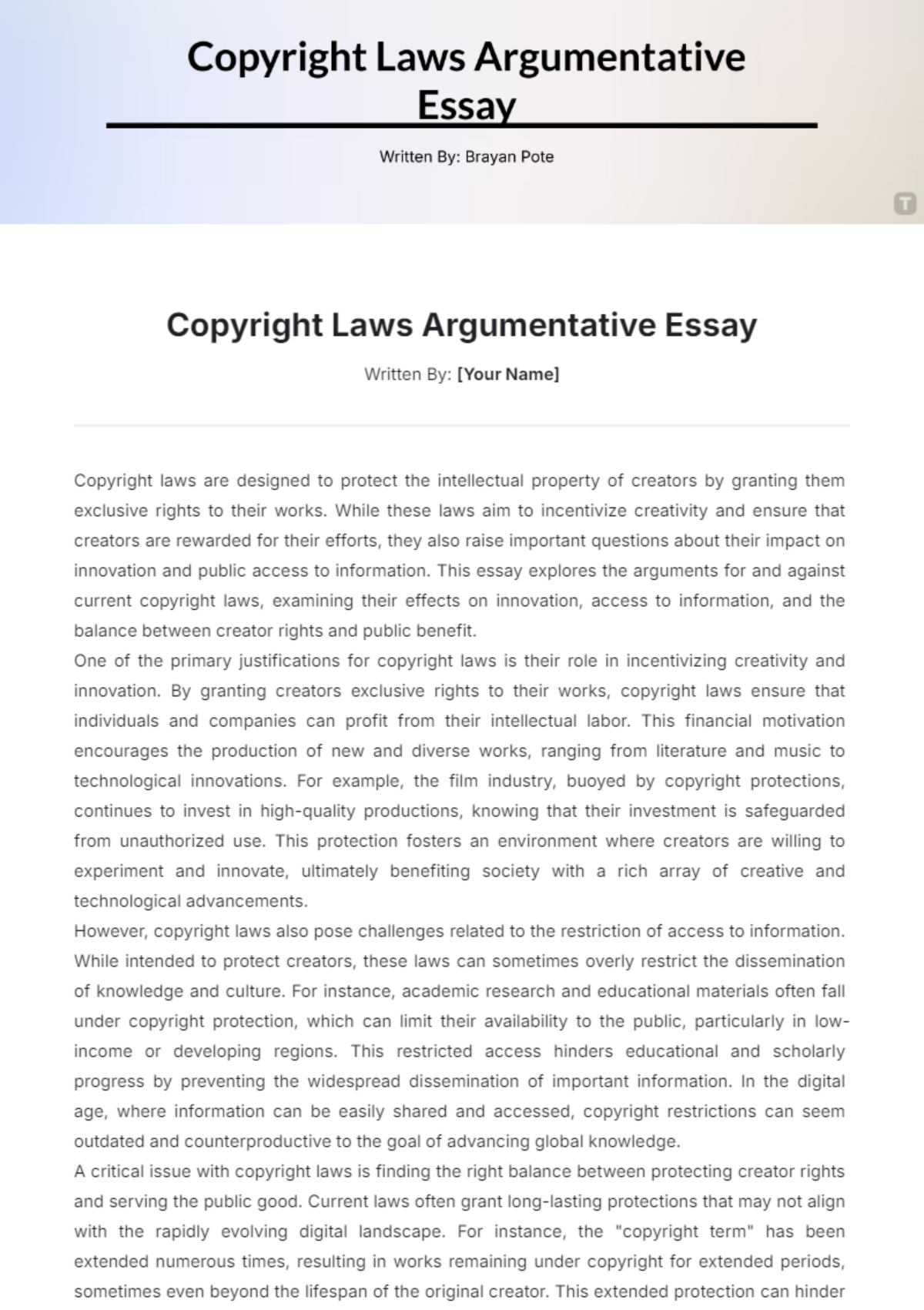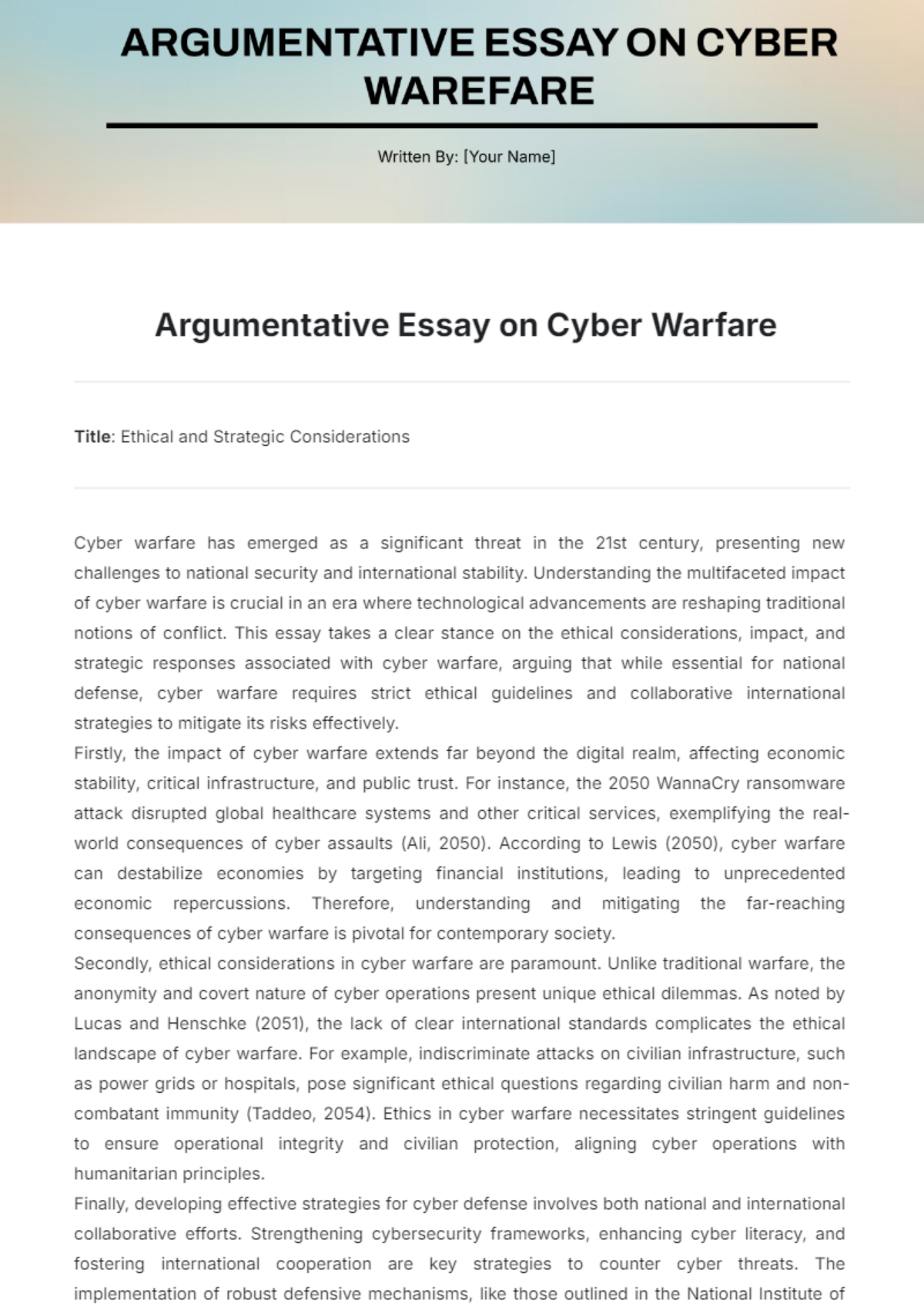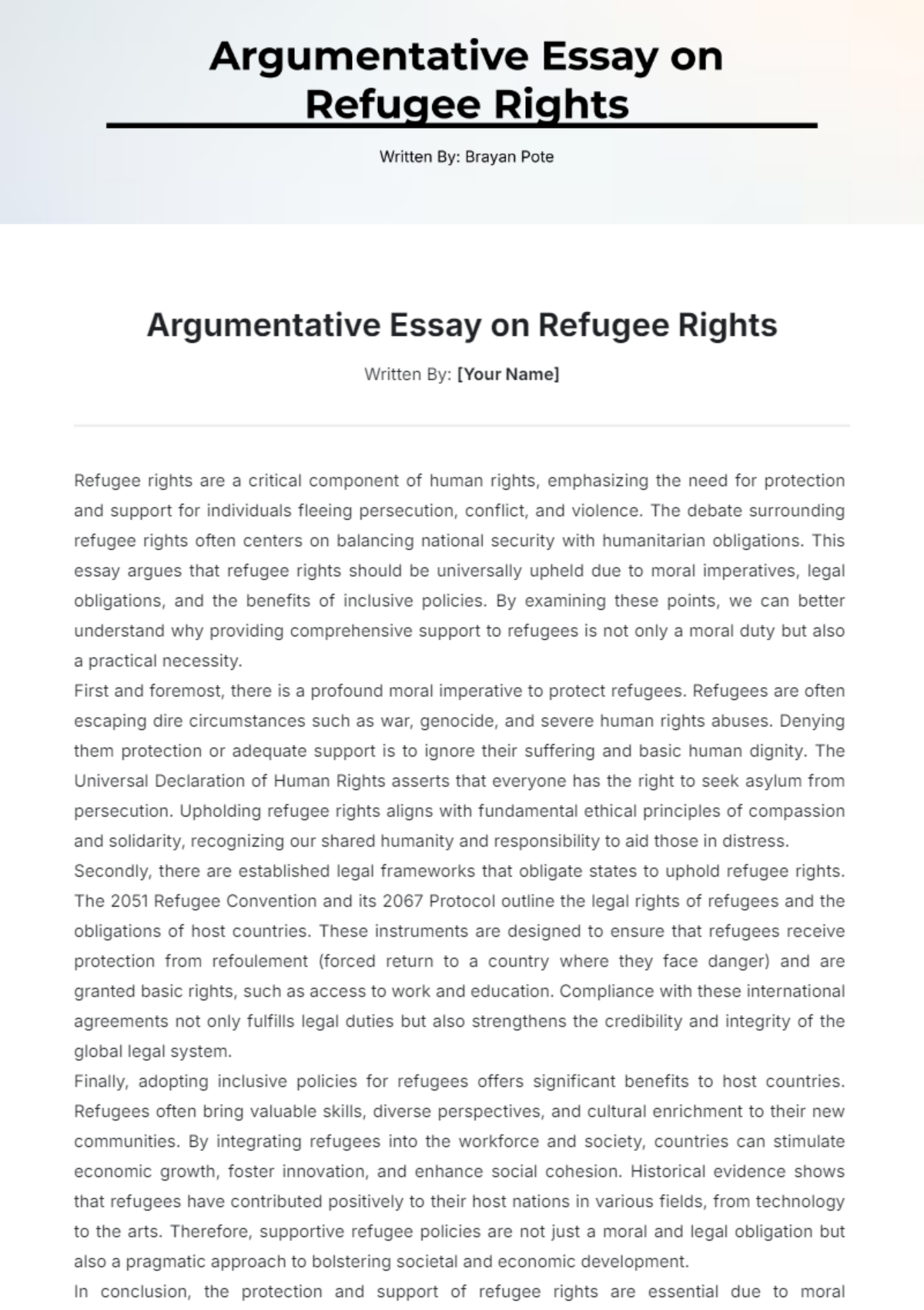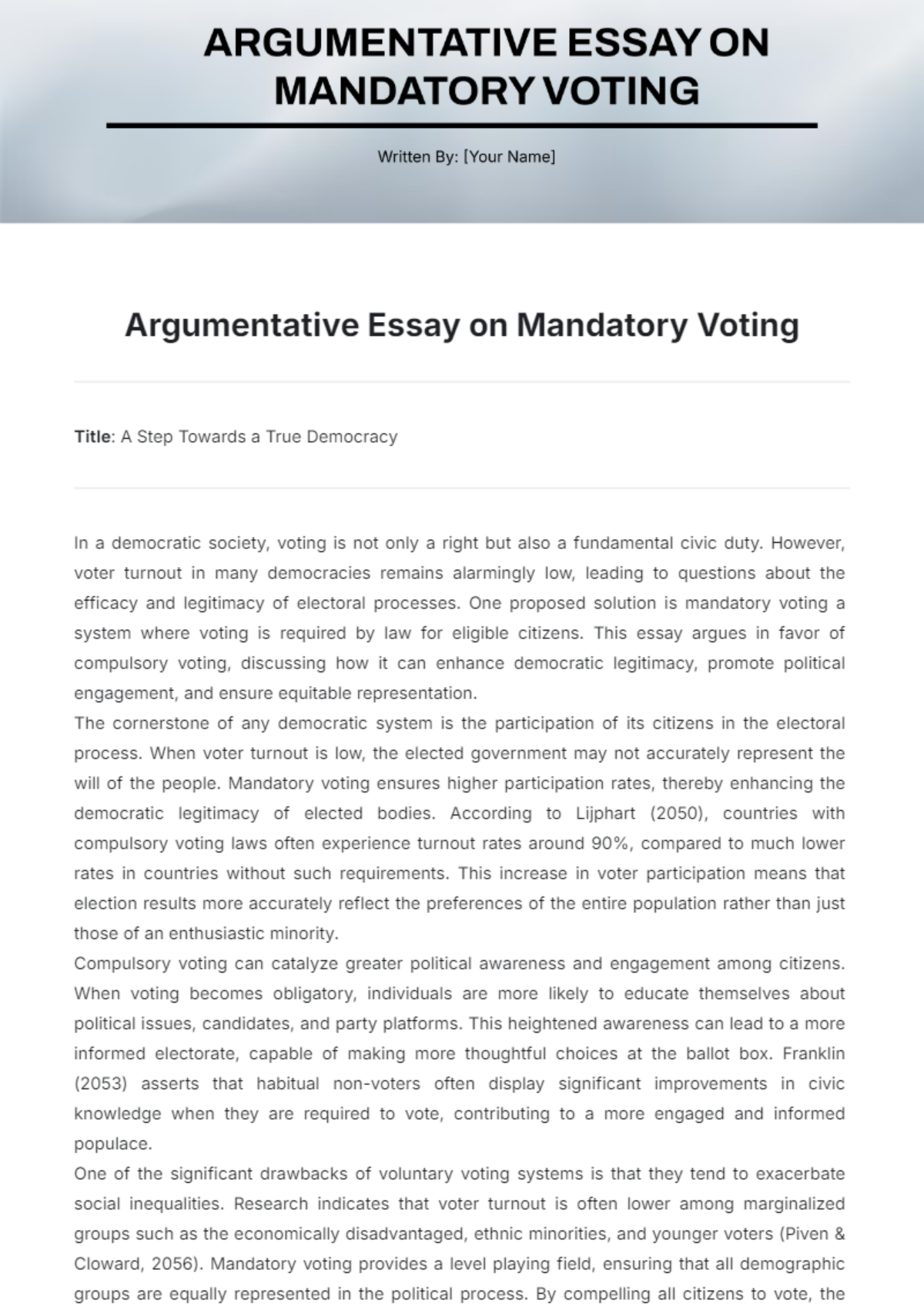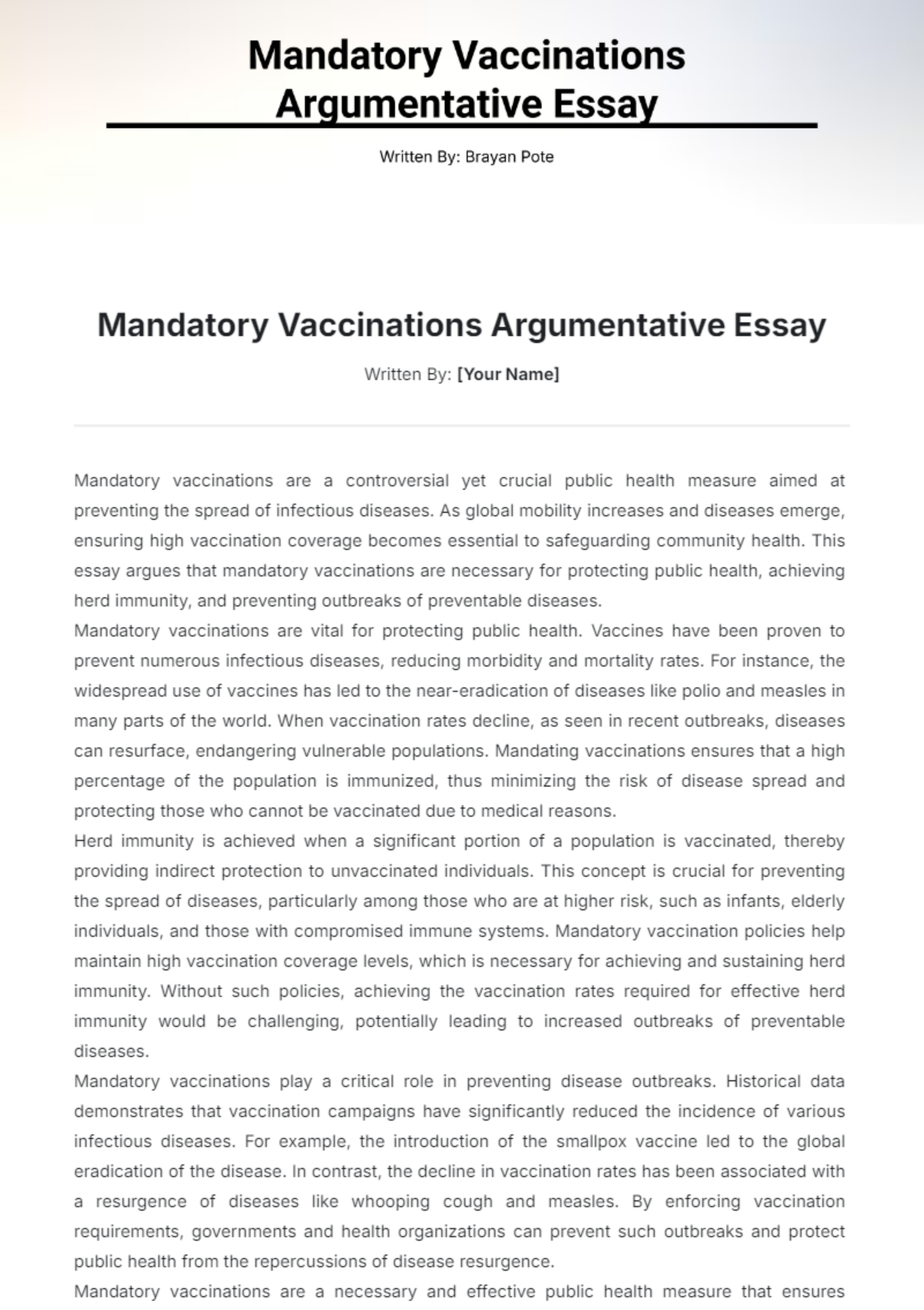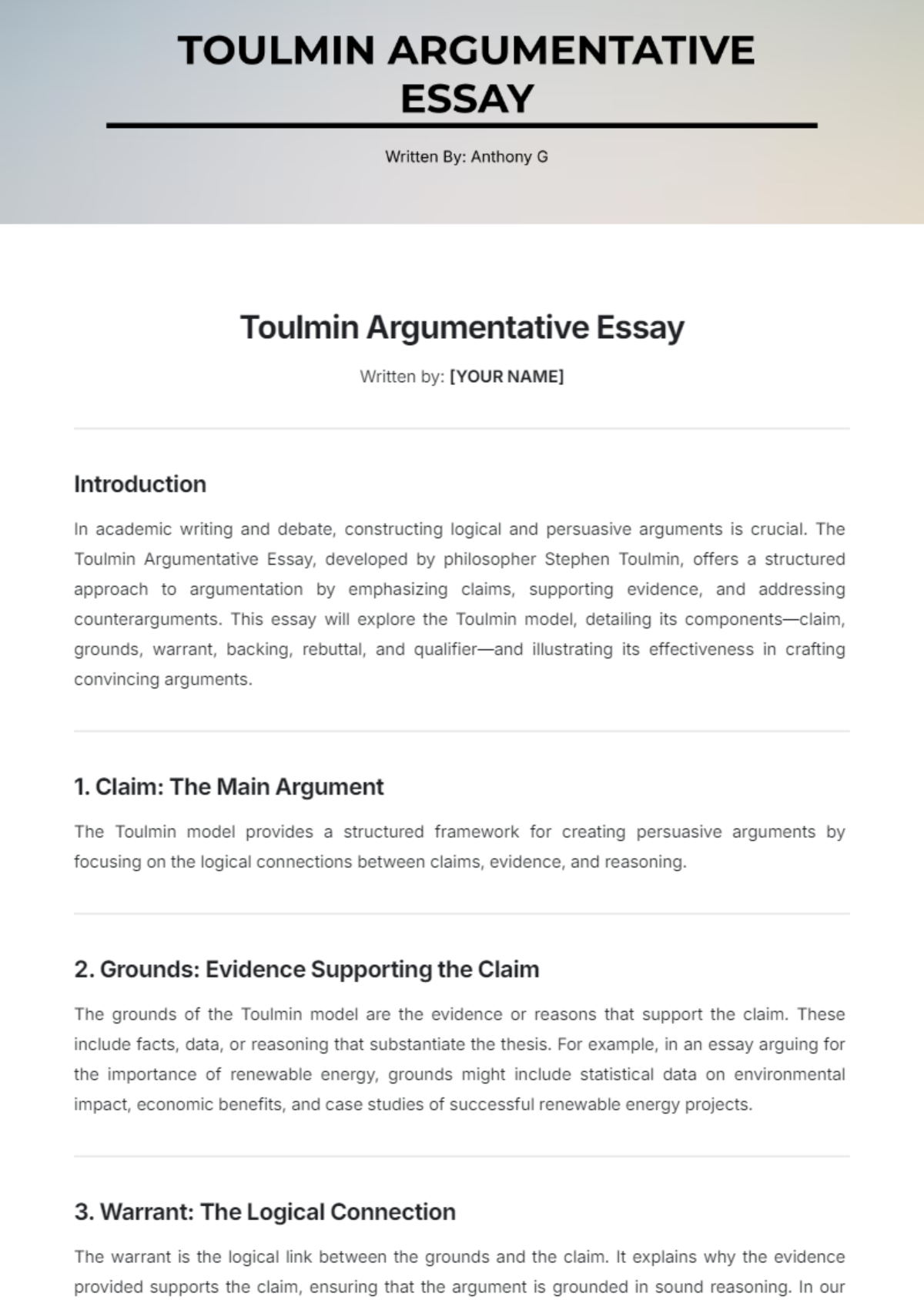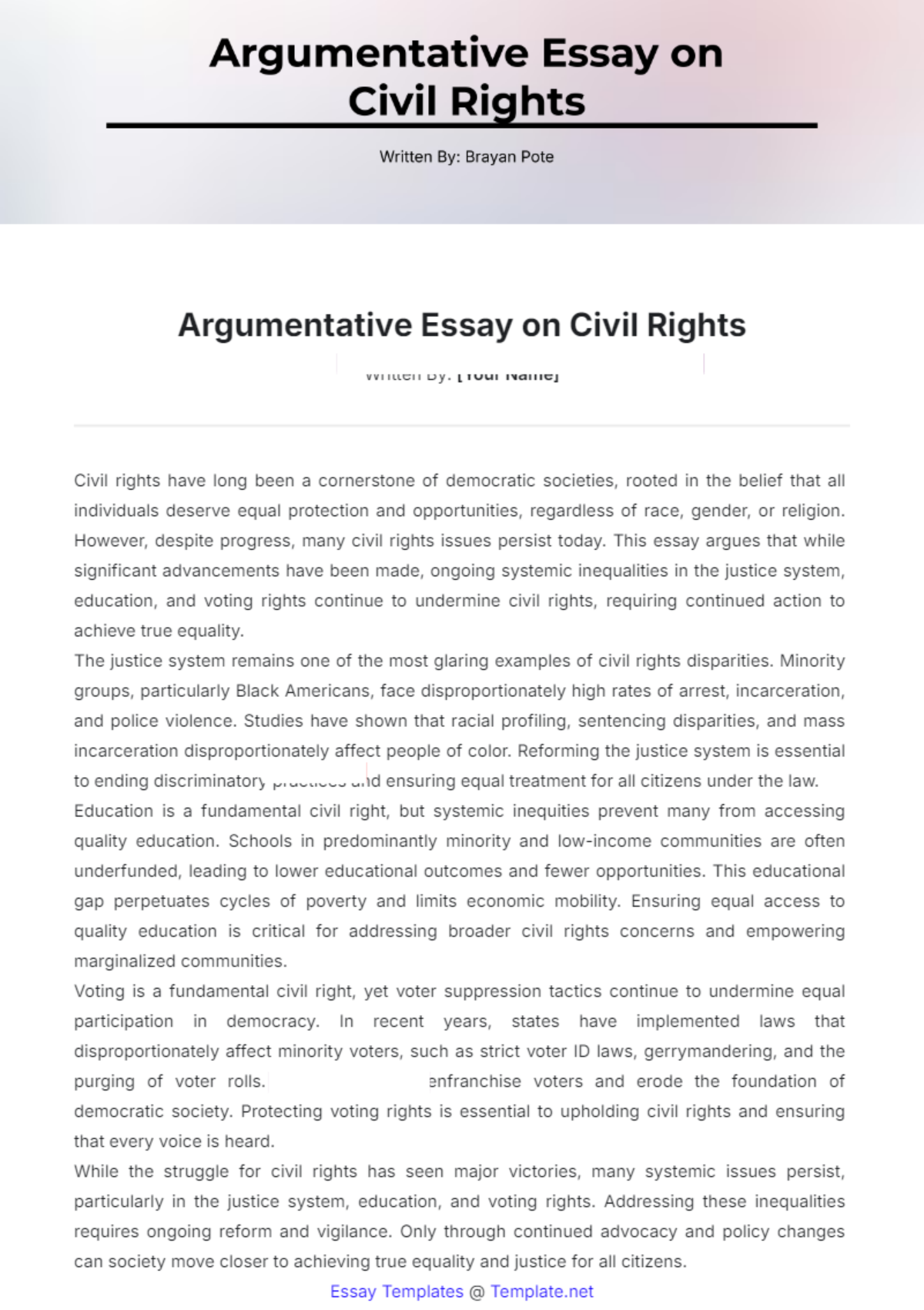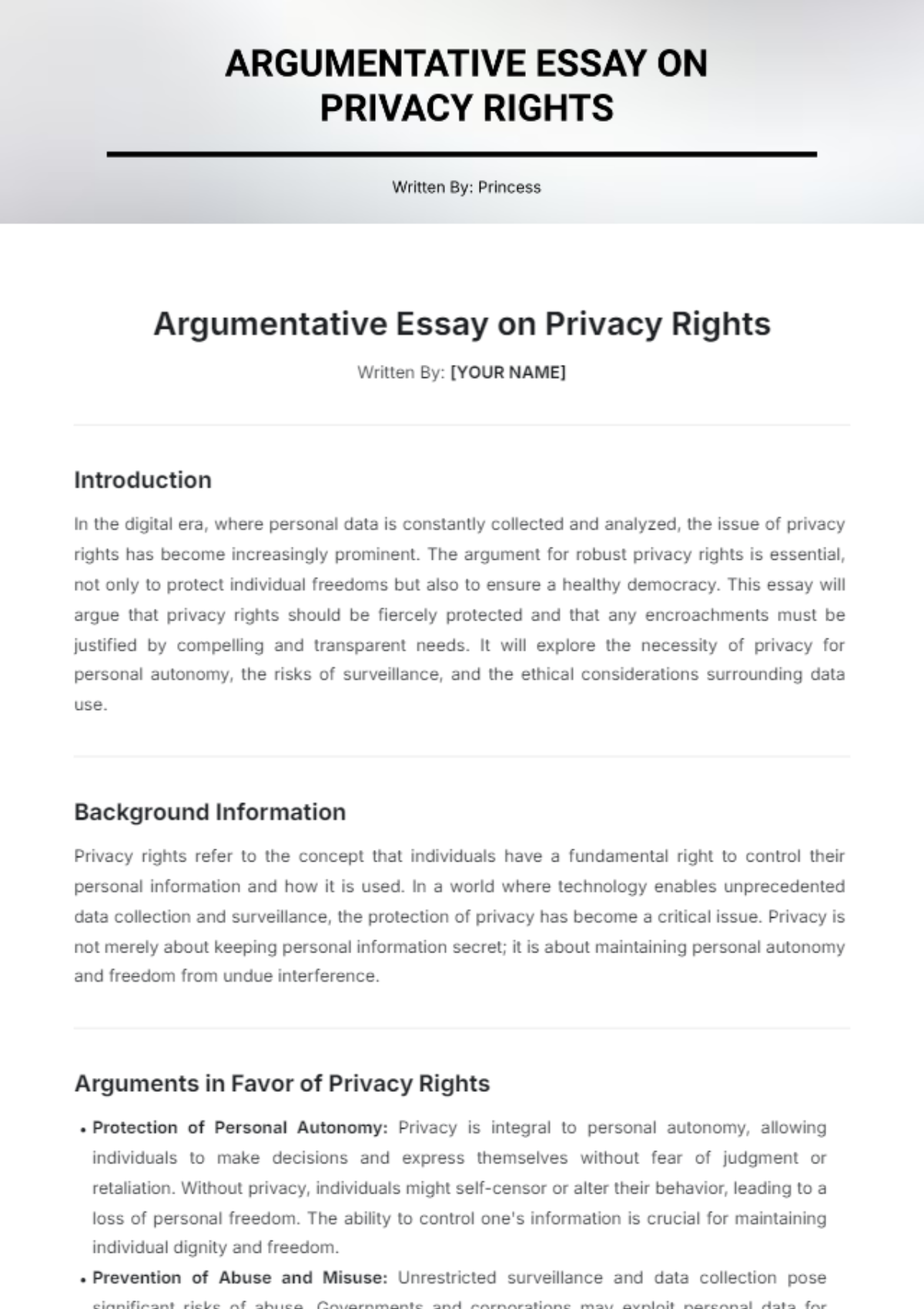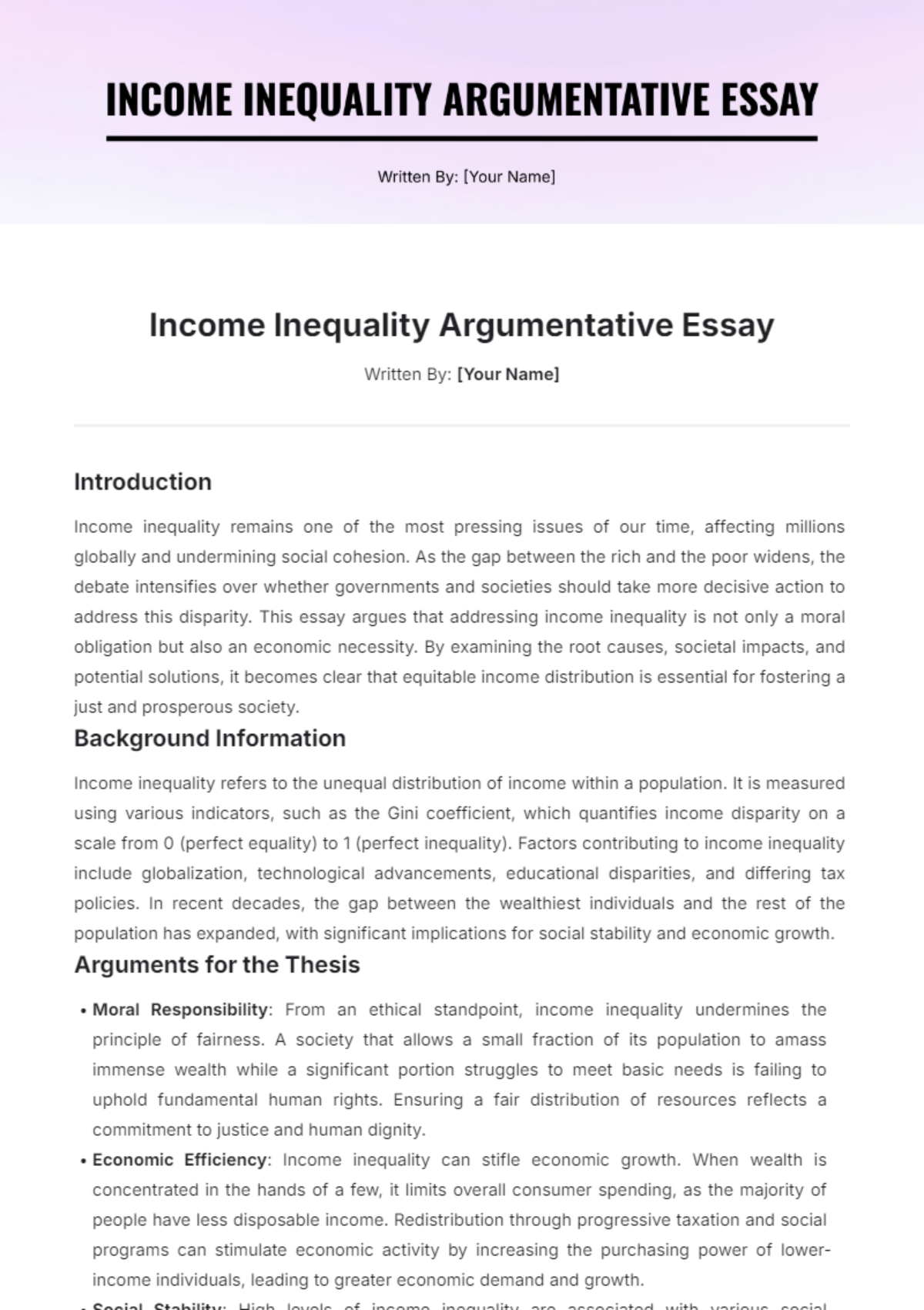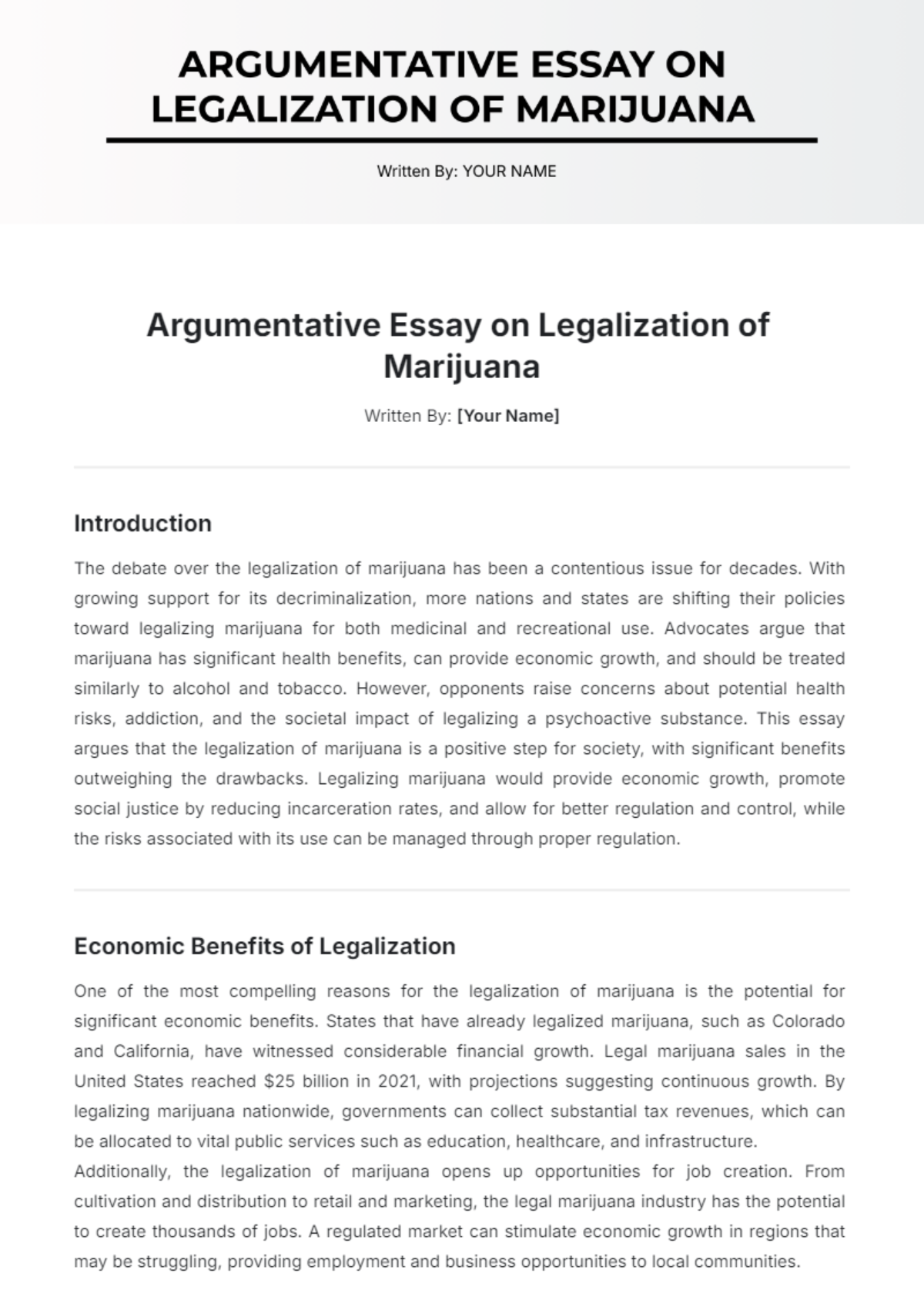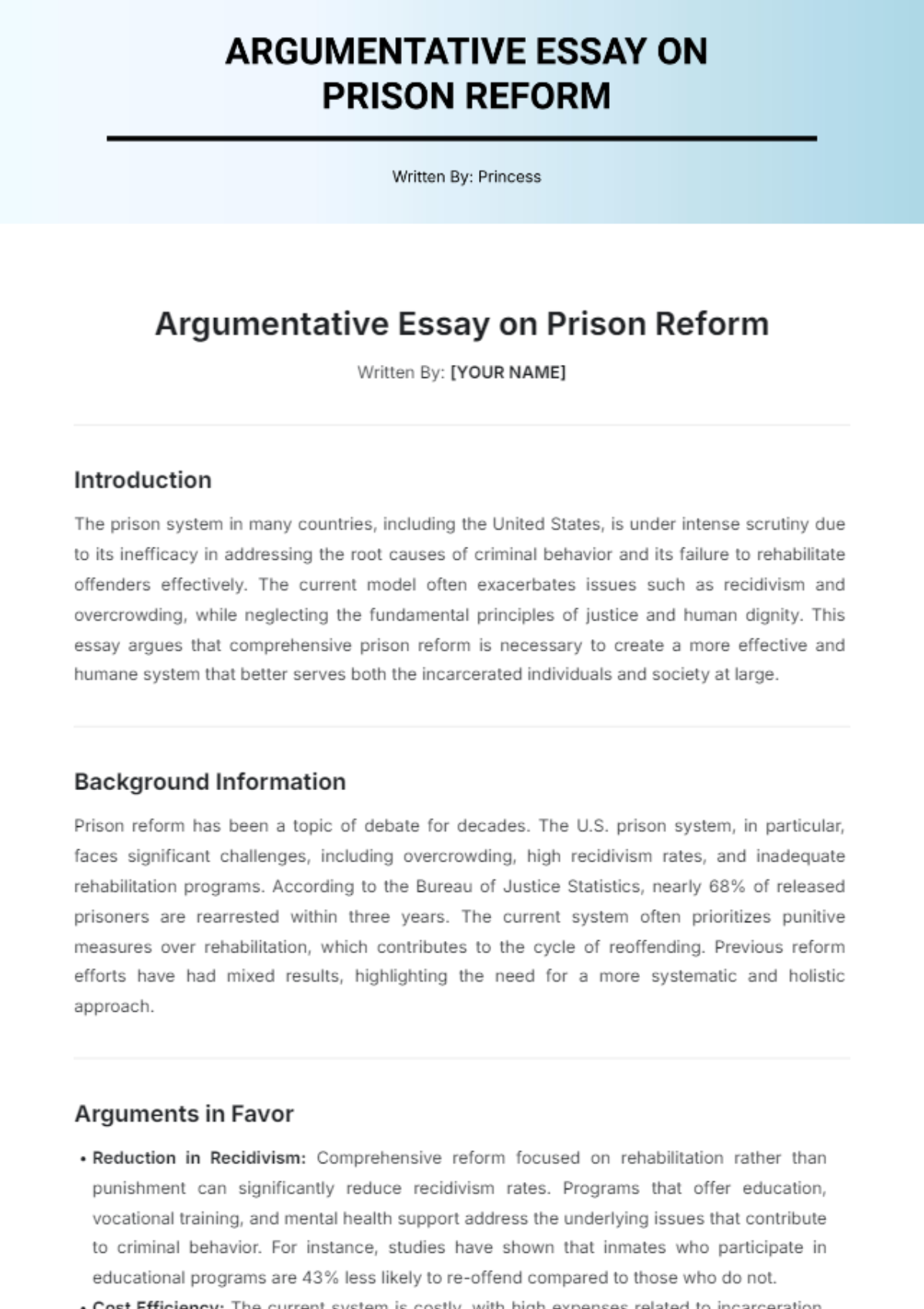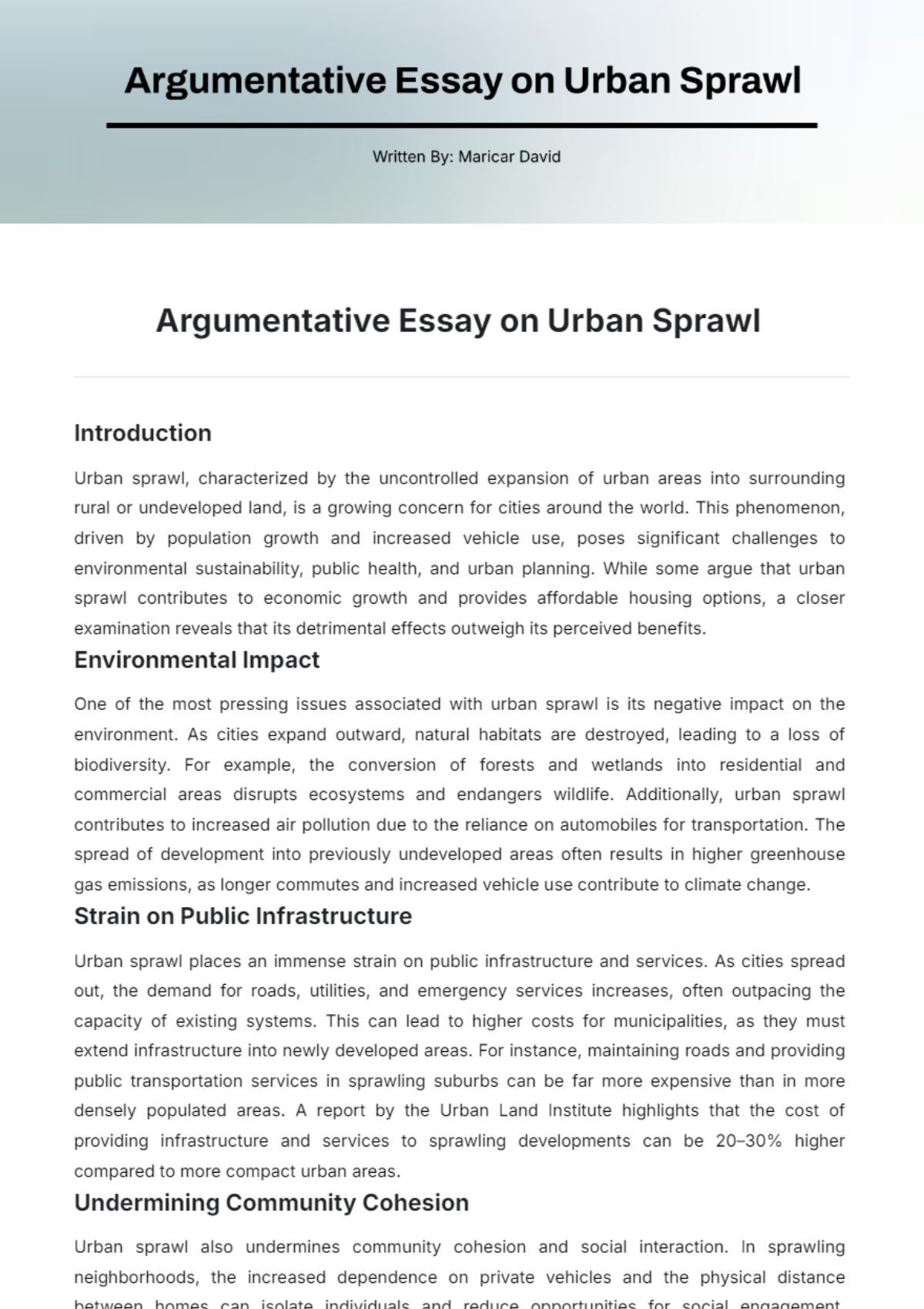Argumentative Essay on Death Penalty
Written By: [Your Name]
The death penalty, or capital punishment, is one of the most divisive issues in modern society. It stirs intense emotions on both sides, with supporters advocating it as a just and effective means of punishment and deterrence, while opponents argue it is an unethical and flawed practice. This essay aims to explore both perspectives and ultimately argue against the death penalty due to its moral, legal, and practical failings.
The Death Penalty is Irreversible and Prone to Error
One of the most compelling arguments against the death penalty is the irreversible nature of the punishment. Unlike other sentences, such as life imprisonment, the death penalty cannot be undone in cases of wrongful conviction. Human error is an inherent part of any justice system, and numerous instances of wrongful convictions have been uncovered. Studies suggest that for every nine people executed, one innocent person has been exonerated, raising profound moral questions about the reliability of capital punishment.
The justice system is not immune to biases, particularly in cases involving race, economic status, and legal representation. A significant proportion of those on death row come from disadvantaged backgrounds and are often unable to afford high-quality legal defense. This disparity in representation results in a higher likelihood of wrongful convictions among marginalized communities, making the death penalty disproportionately unfair.
The Death Penalty Does Not Deter Crime
A common justification for the death penalty is its supposed deterrent effect. Supporters argue that fear of execution will prevent people from committing heinous crimes. However, decades of research have shown that the death penalty does not significantly deter crime more than other forms of punishment, such as life imprisonment.
For instance, states in the U.S. that enforce the death penalty do not have lower crime rates than those without it. The National Research Council reviewed studies on the deterrent effect of capital punishment and found no credible evidence that it decreases crime rates. Criminals who commit violent crimes often do so under circumstances of extreme emotion, mental illness, or desperation, making them unlikely to be swayed by the prospect of execution.
The Death Penalty is Expensive and Inefficient
Contrary to popular belief, the death penalty is more costly than life imprisonment. The legal process involved in capital cases is lengthy and complex due to the need for multiple appeals, extensive investigations, and prolonged trials to ensure that no innocent person is wrongfully executed. These procedures, while necessary, create immense financial burdens for the state.
A study in California found that the death penalty system costs the state approximately $137 million per year, compared to $11.5 million if the maximum sentence were life without parole. Similar figures have been reported in other states, showing that capital punishment is far from being a cost-effective solution. Resources spent on maintaining the death penalty could be better used to improve public safety, such as funding for education, mental health services, and crime prevention programs.
The Death Penalty is Inhumane and Violates Human Rights
At the core of the argument against the death penalty is the belief that it violates fundamental human rights. The right to life is one of the most basic and universal principles enshrined in international human rights laws. Many international organizations, including the United Nations and Amnesty International, have condemned the death penalty as a cruel and degrading punishment.
Execution methods such as lethal injection, electrocution, and gas chambers, though intended to be humane, have been shown to cause unnecessary suffering. There have been numerous instances where executions have gone wrong, resulting in prolonged and painful deaths. This raises ethical concerns about whether any form of execution can truly be considered humane.
The Death Penalty as Justice for Victims
Proponents of the death penalty often argue that it provides justice and closure for the victims' families. They contend that certain crimes are so heinous that they warrant the ultimate punishment. In these cases, capital punishment is seen as a way to balance the scales of justice, ensuring that the perpetrator pays the highest price for their actions.
However, many victims’ families have expressed opposition to the death penalty, arguing that it prolongs their suffering through the lengthy appeals process and media attention. Moreover, studies have shown that life imprisonment without parole can provide similar closure without the ethical and practical concerns associated with the death penalty.
Conclusion
In conclusion, the death penalty is a deeply flawed and outdated form of punishment that should be abolished. It is prone to errors that can lead to the execution of innocent individuals, fails to act as an effective deterrent, imposes a heavy financial burden on the state, and violates basic human rights. While justice for victims is a valid concern, the moral and practical issues surrounding capital punishment outweigh its perceived benefits. Life imprisonment without parole provides a more humane, fair, and cost-effective alternative. Therefore, it is time for societies worldwide to move away from this barbaric practice and adopt more just and ethical approaches to criminal justice.
